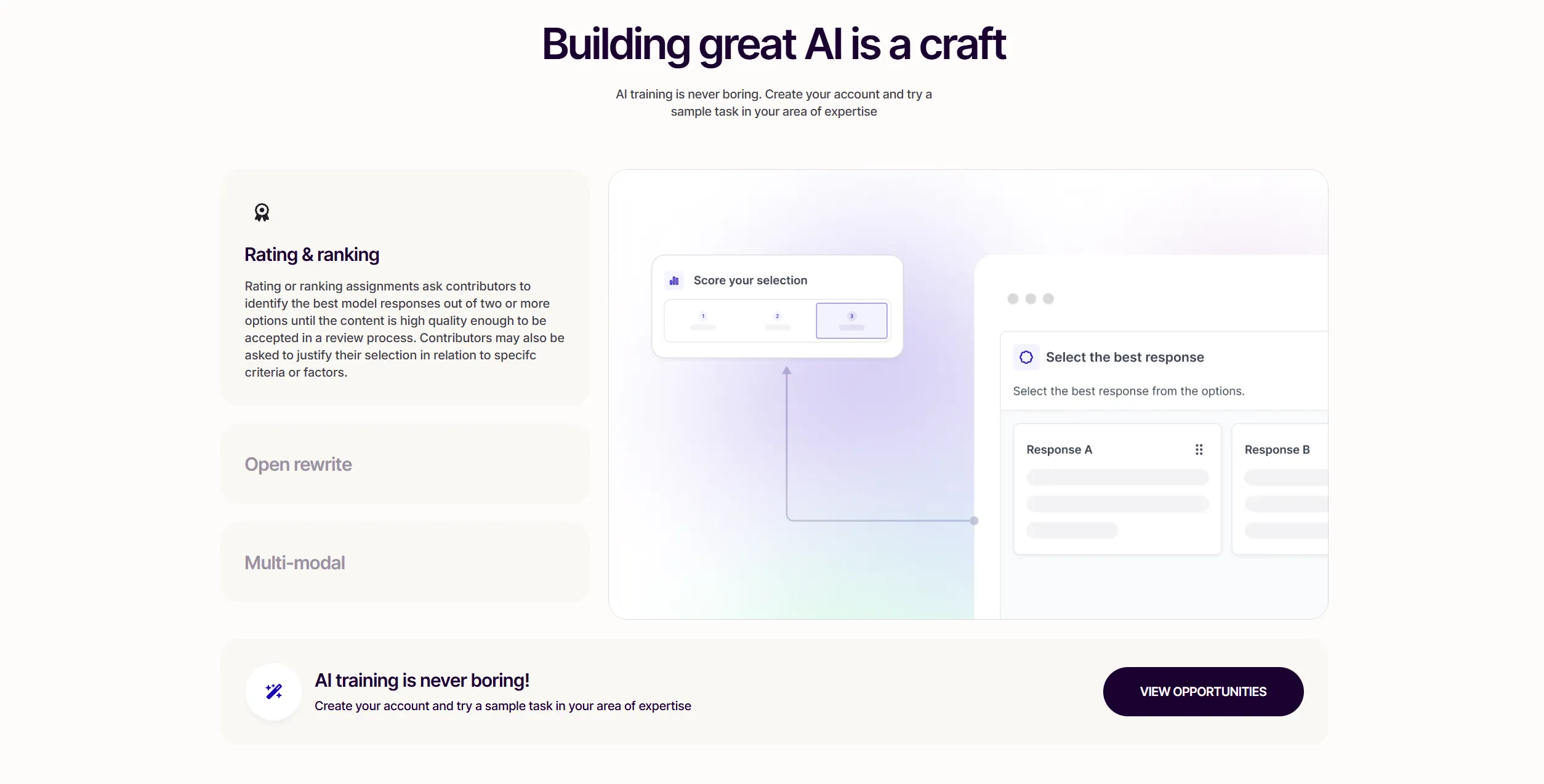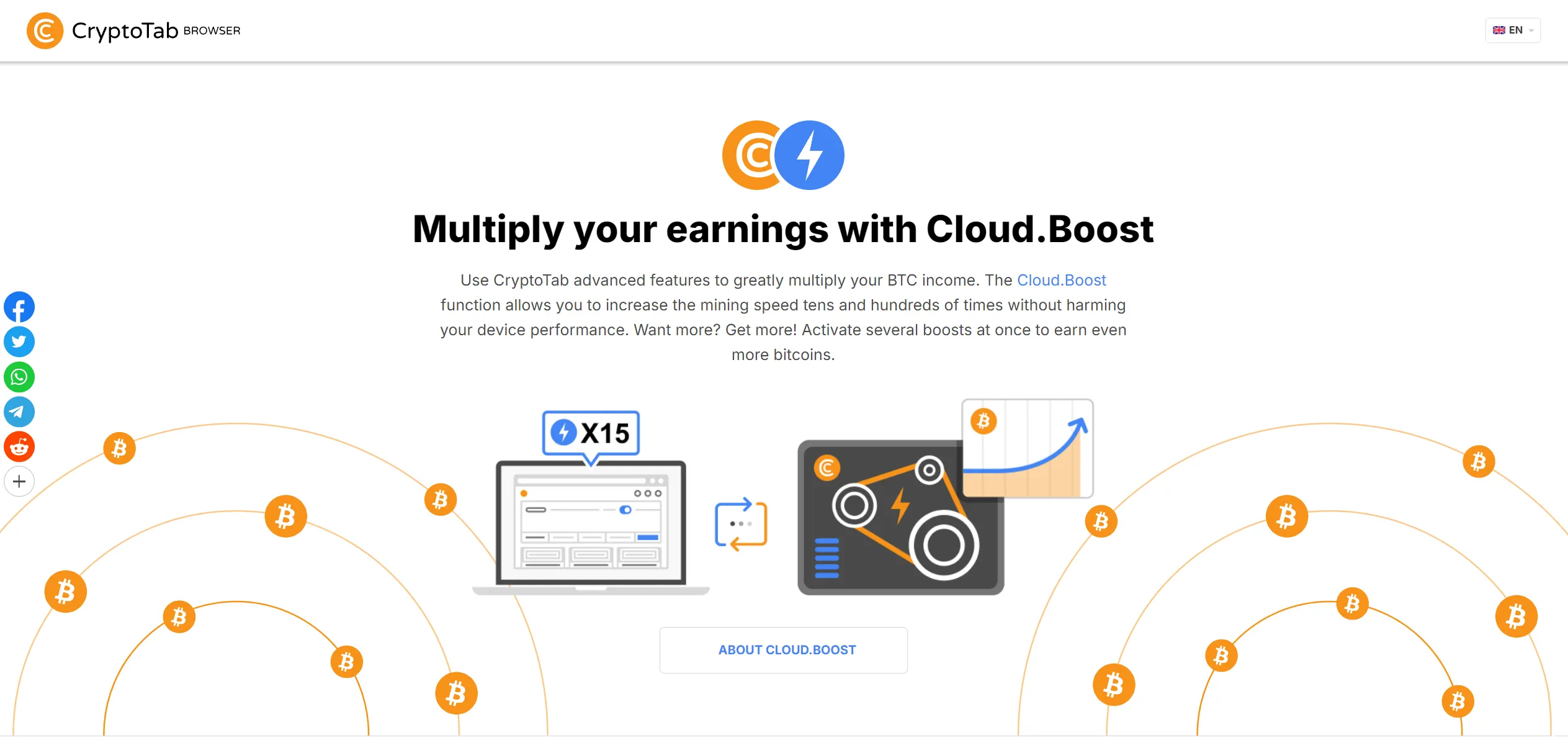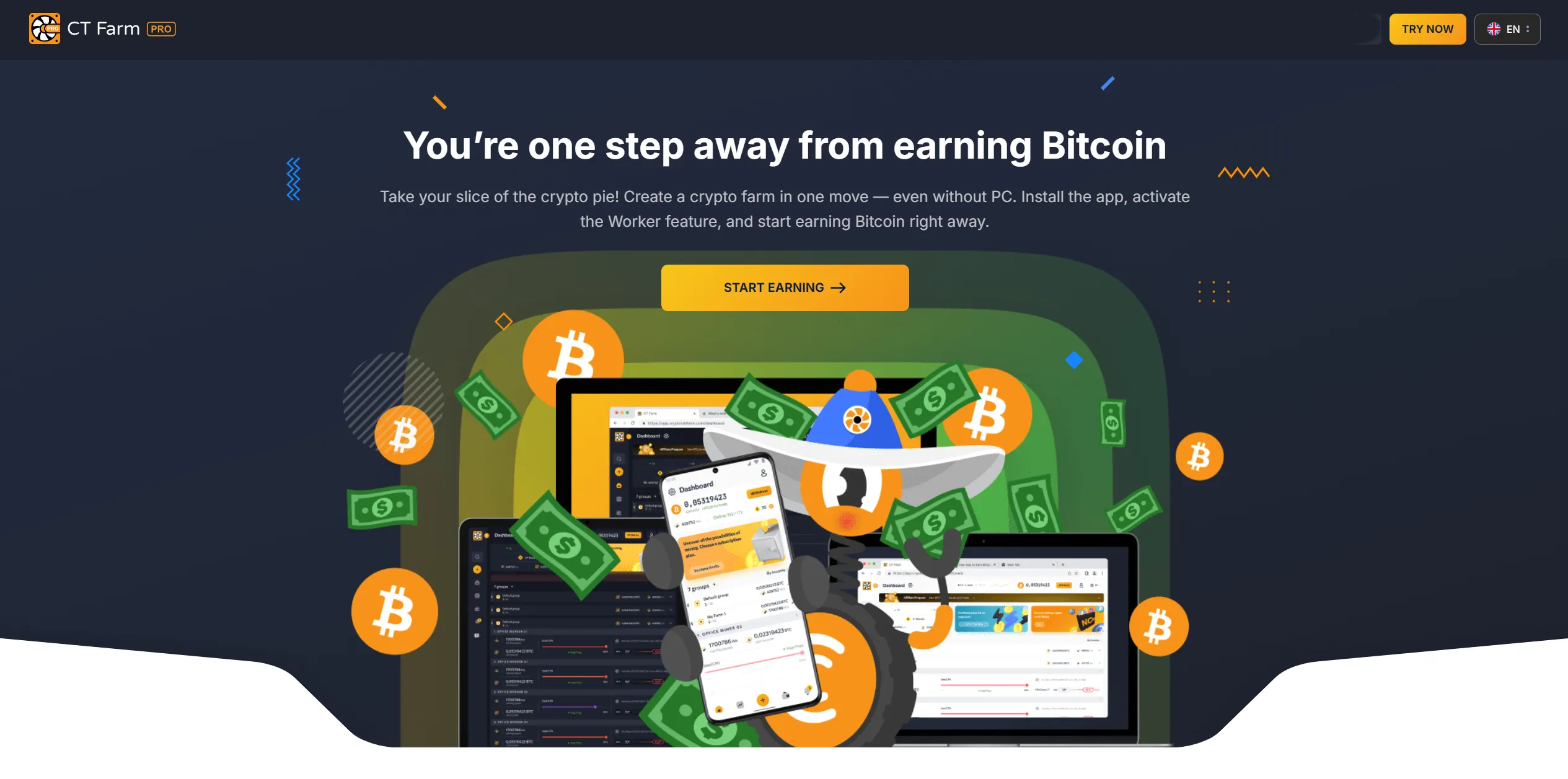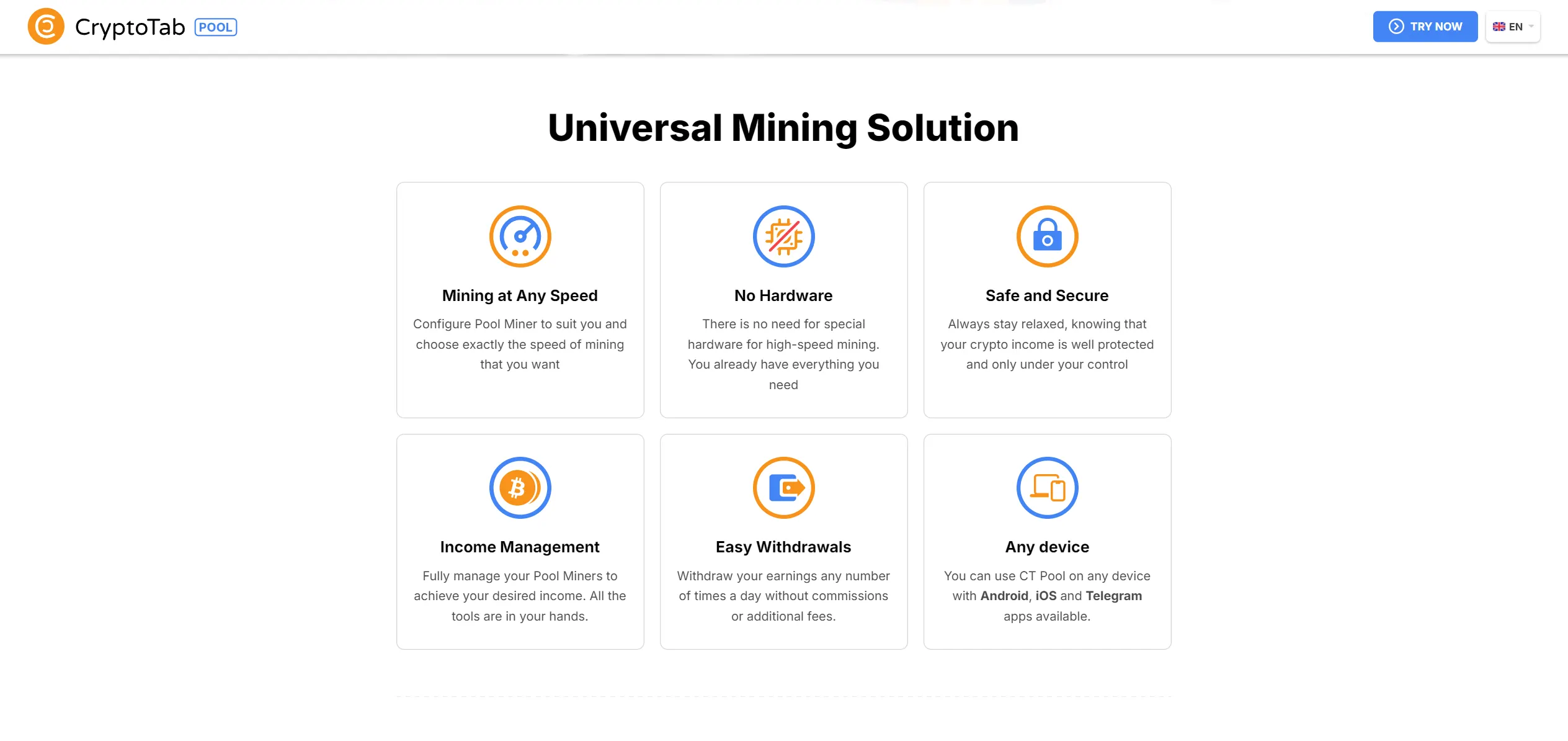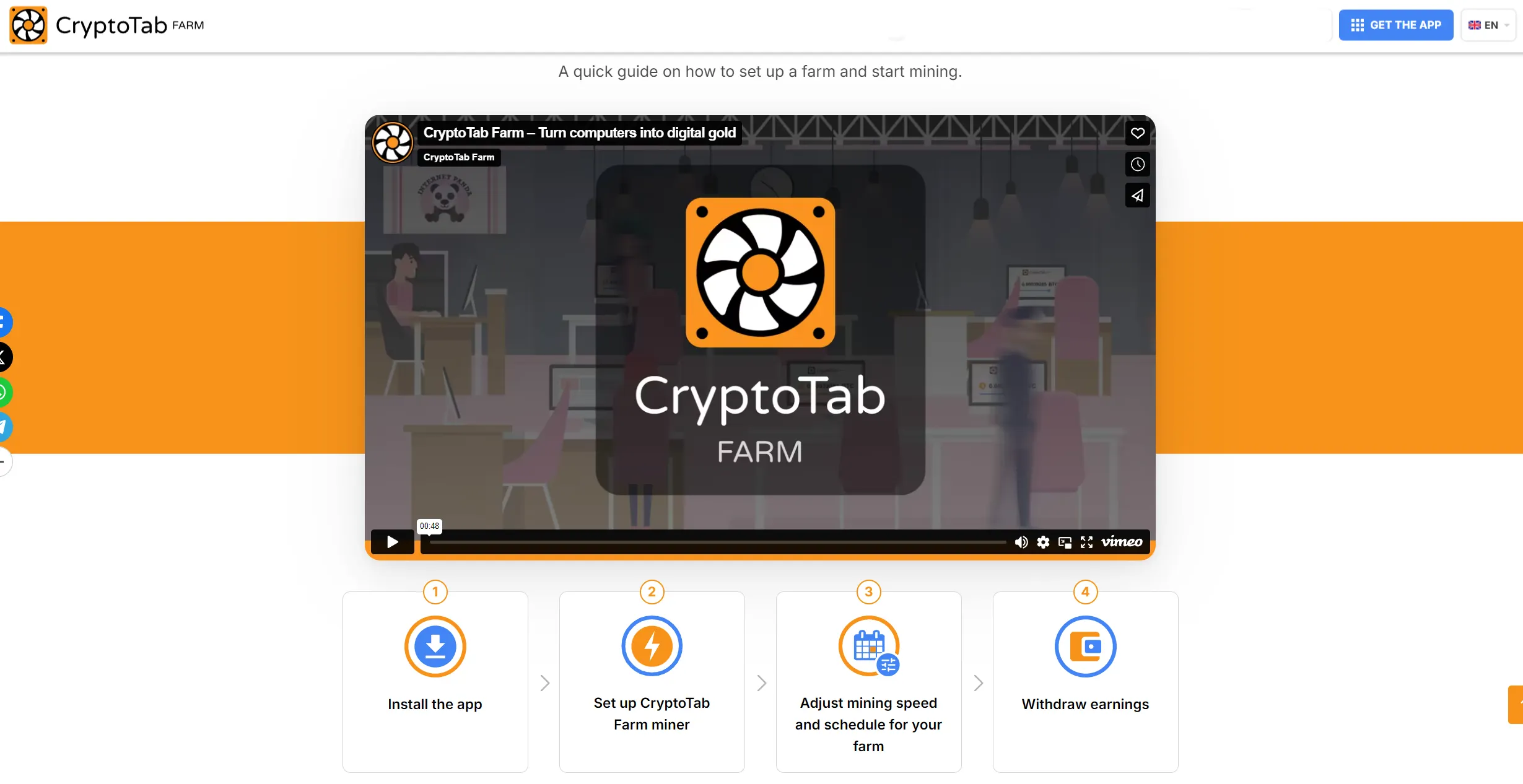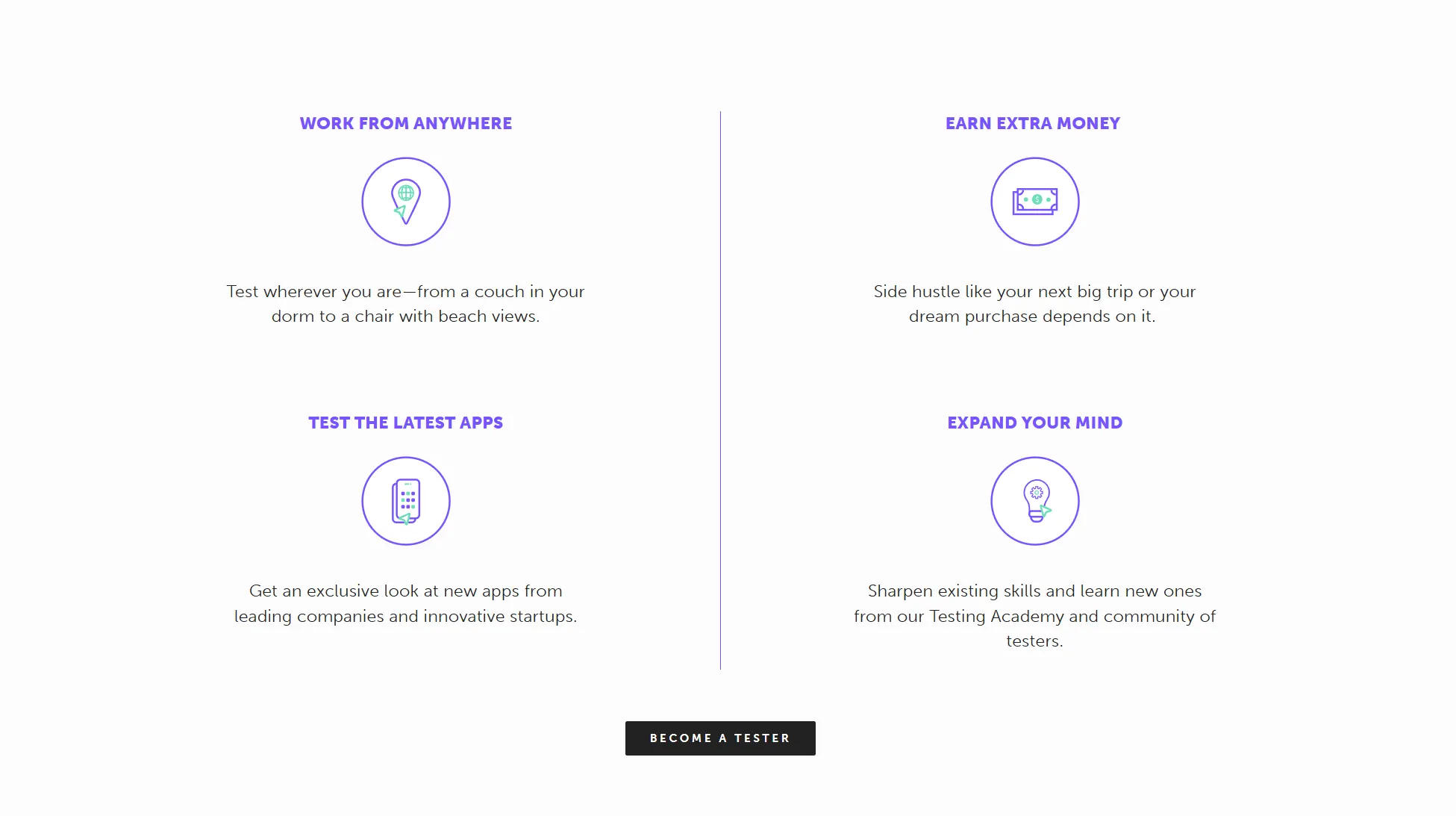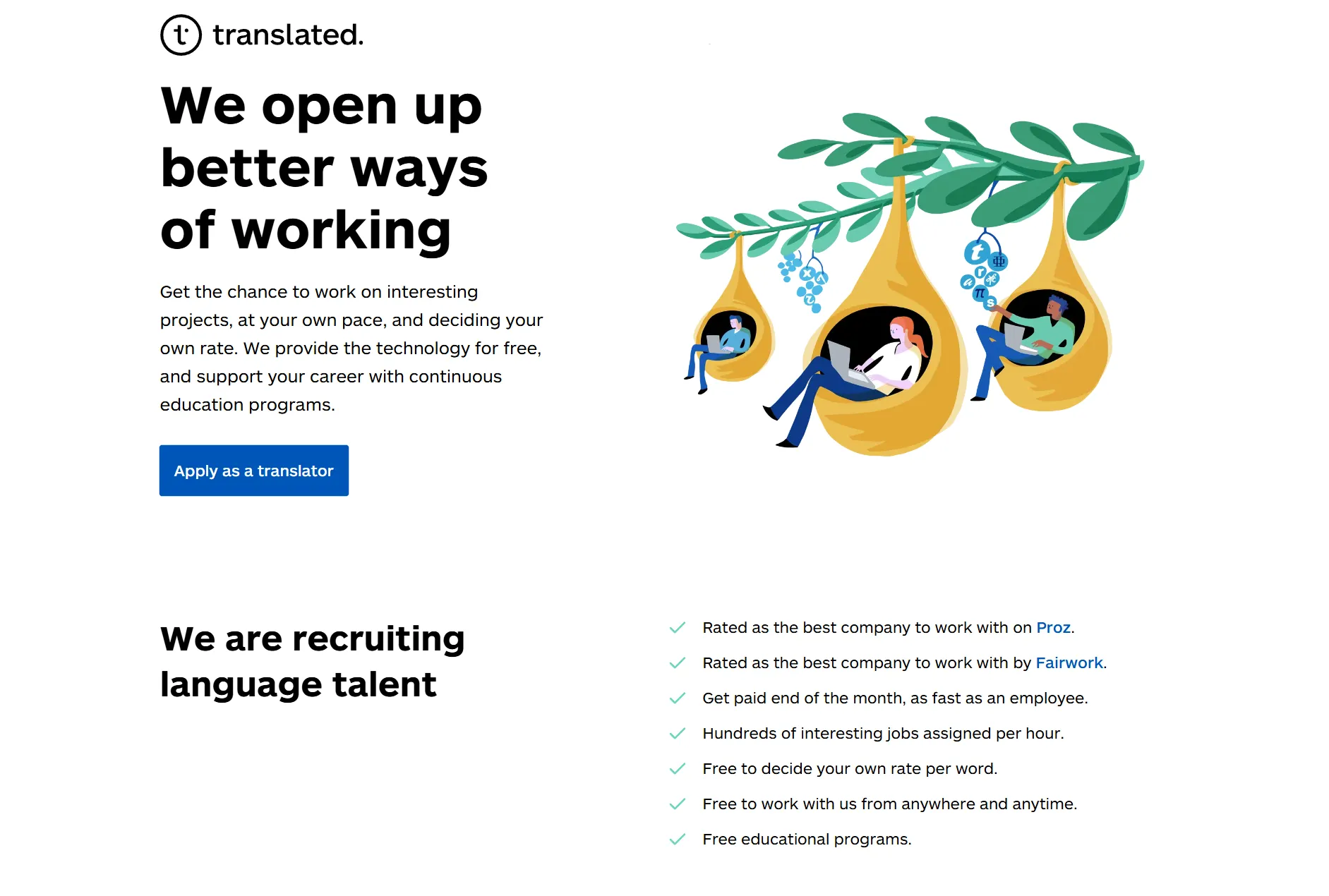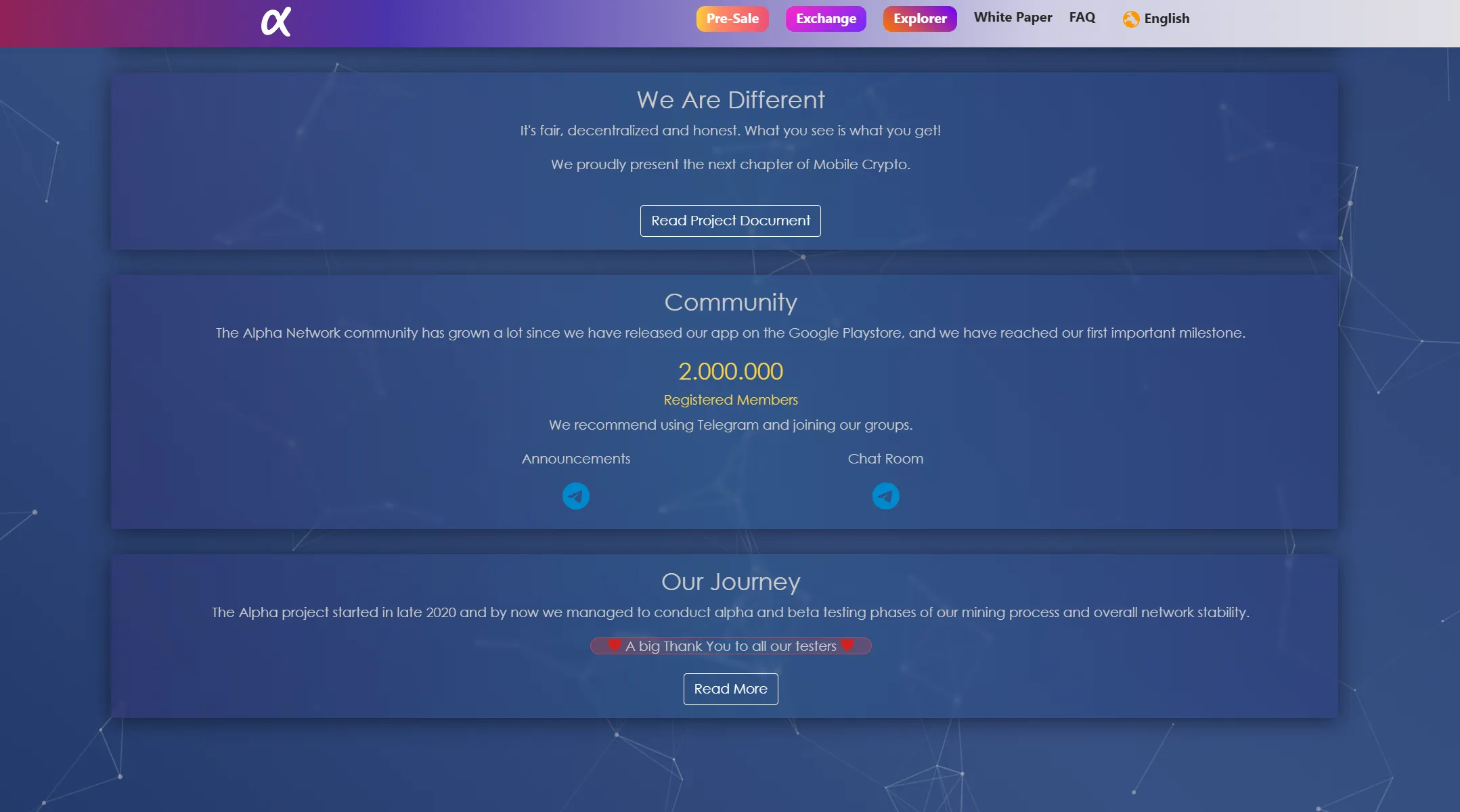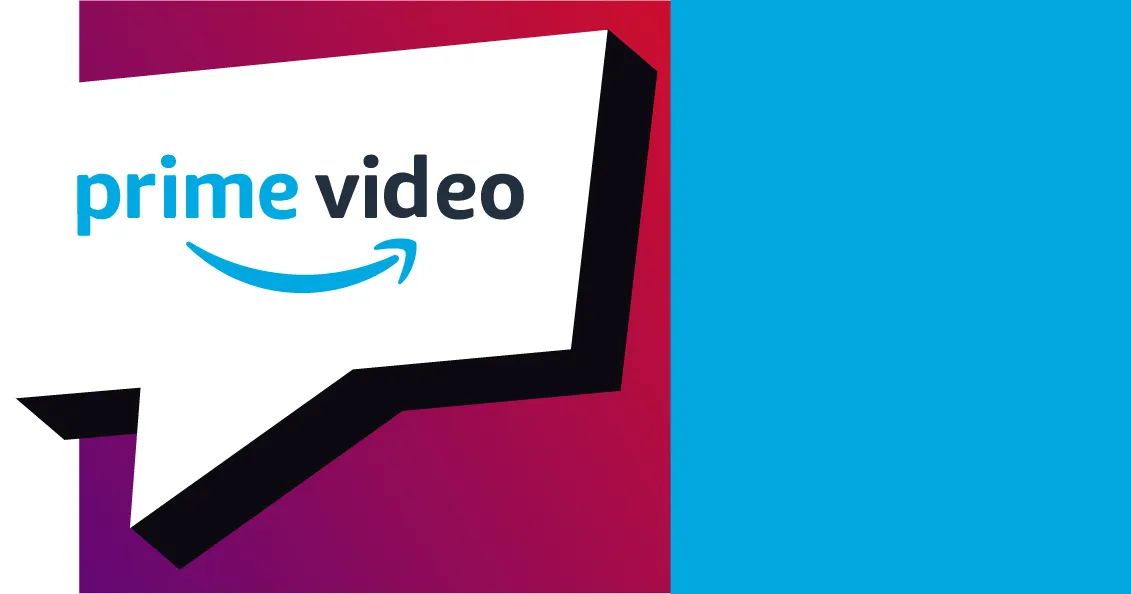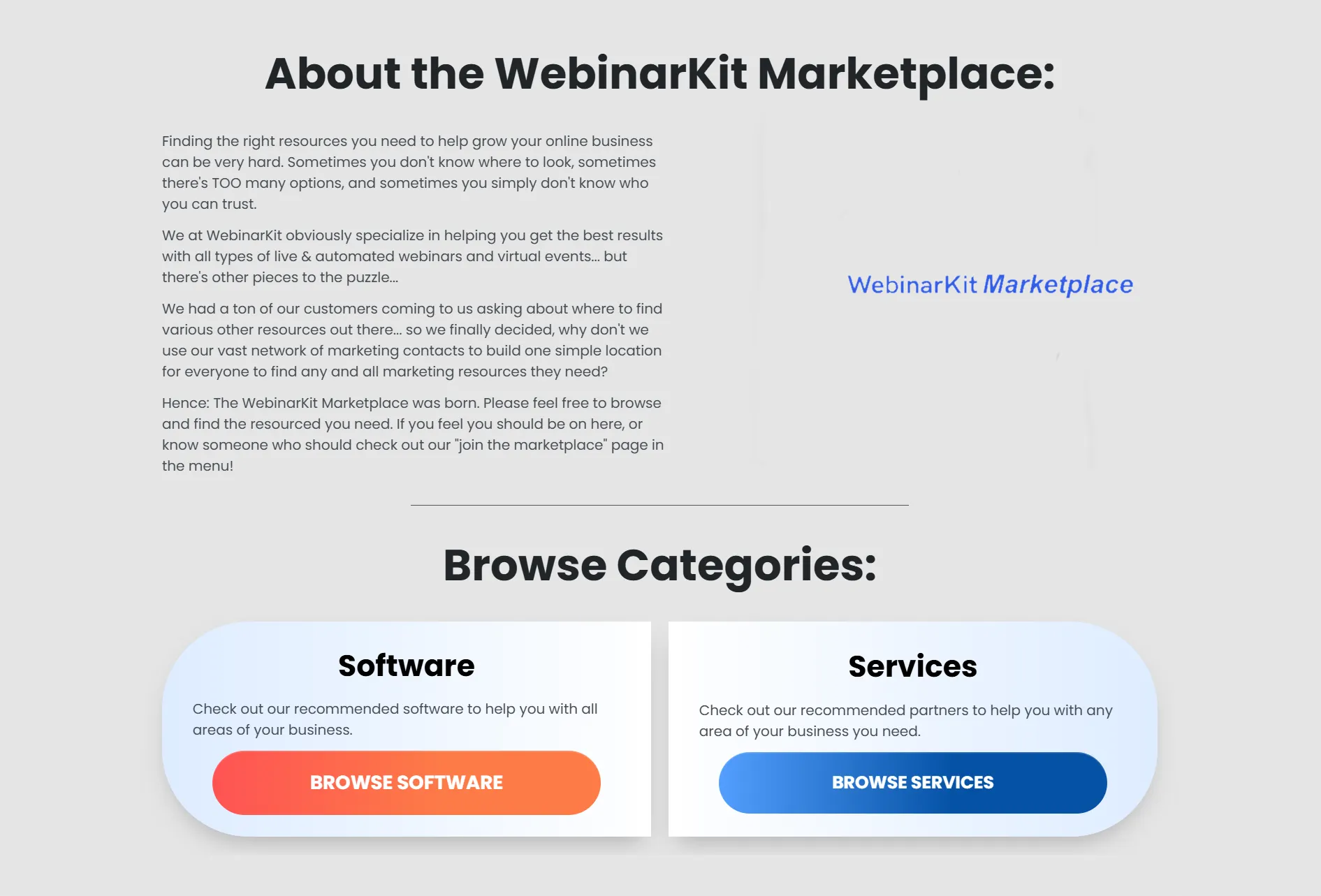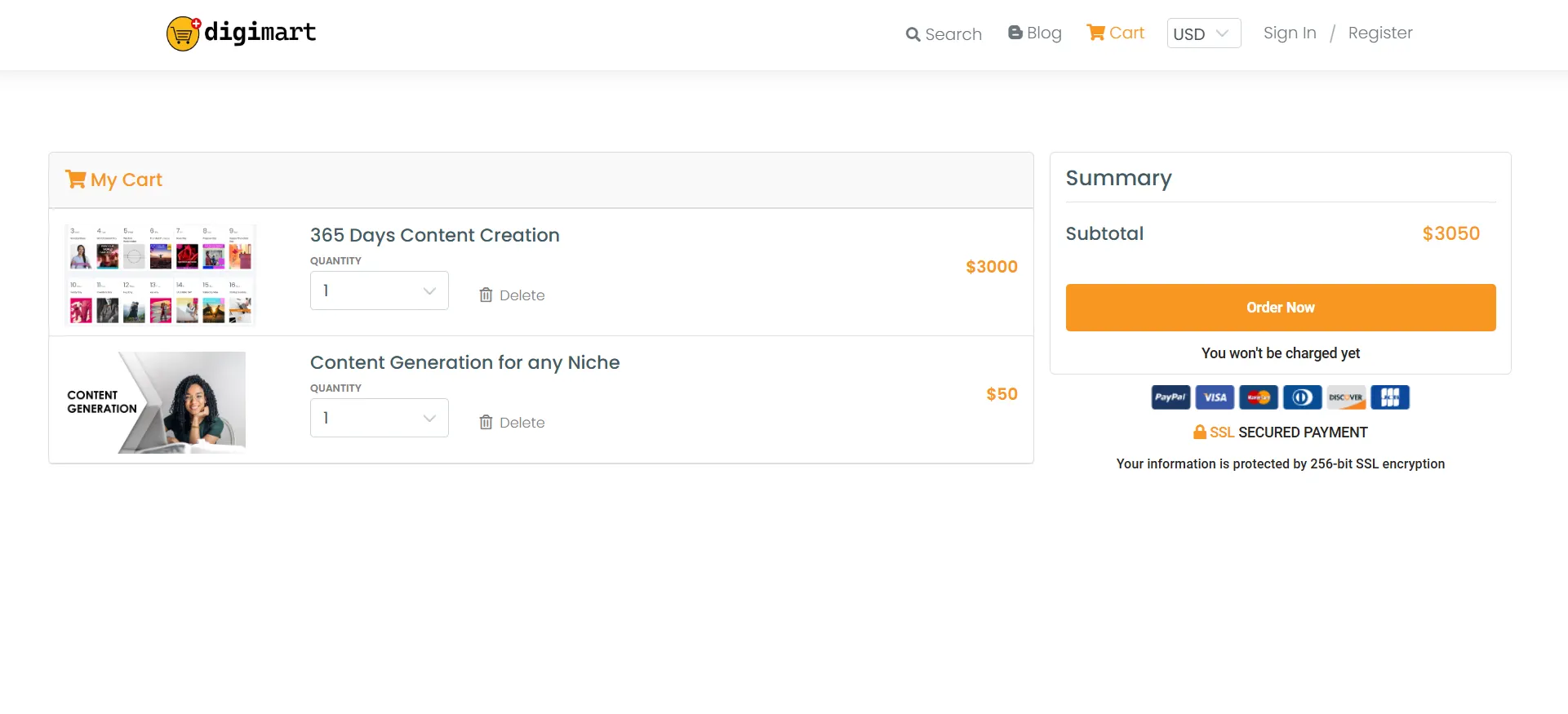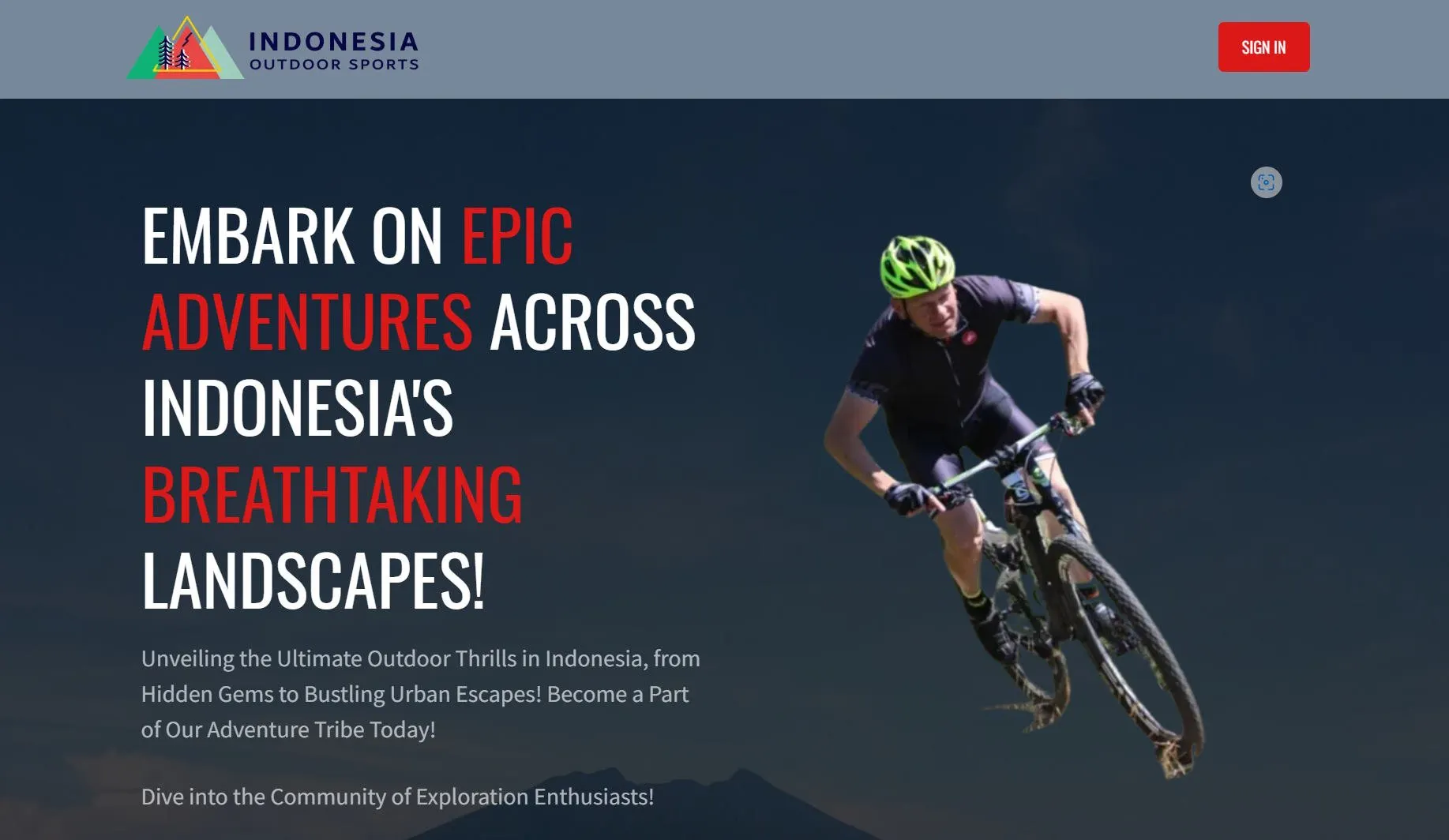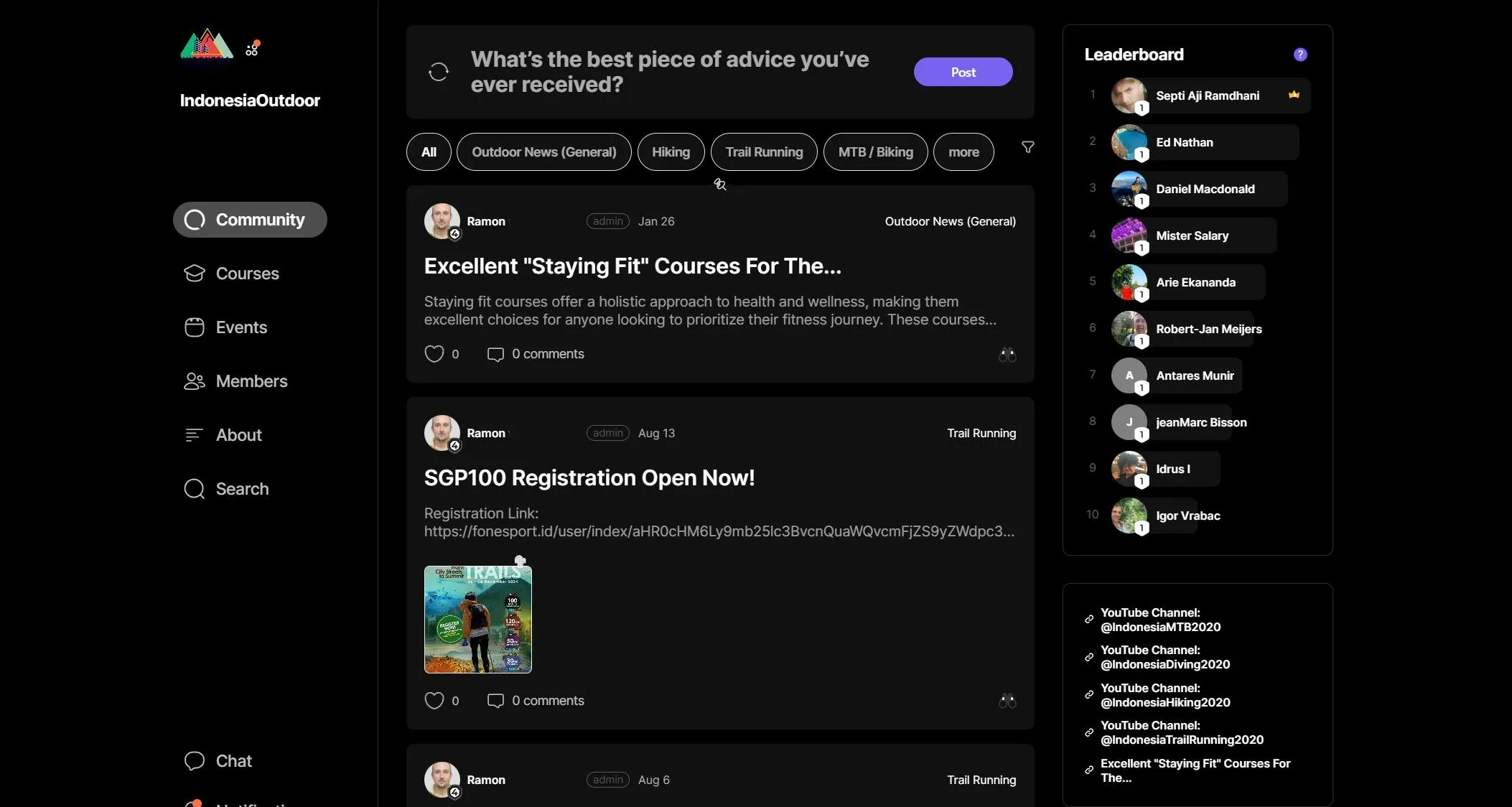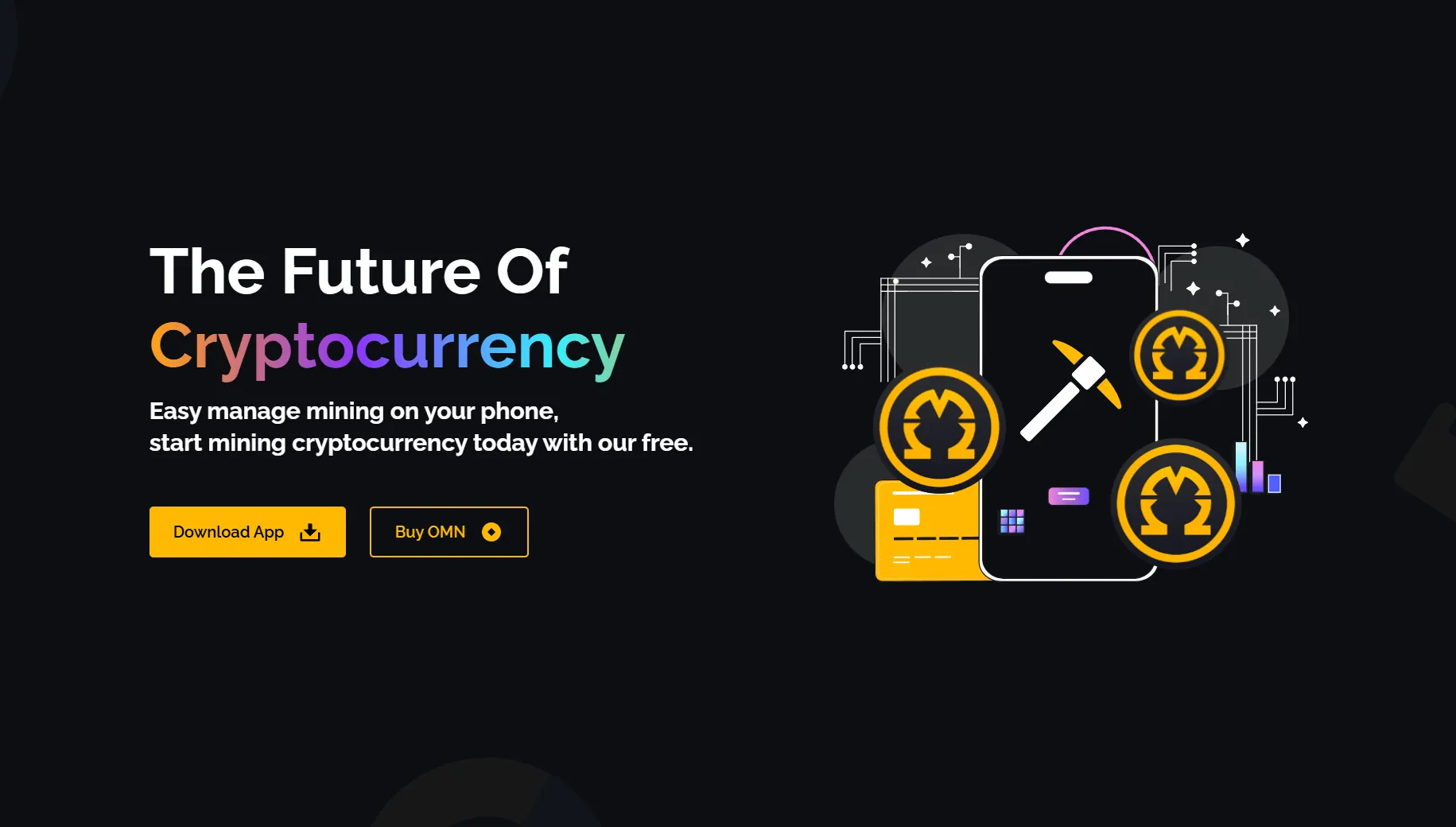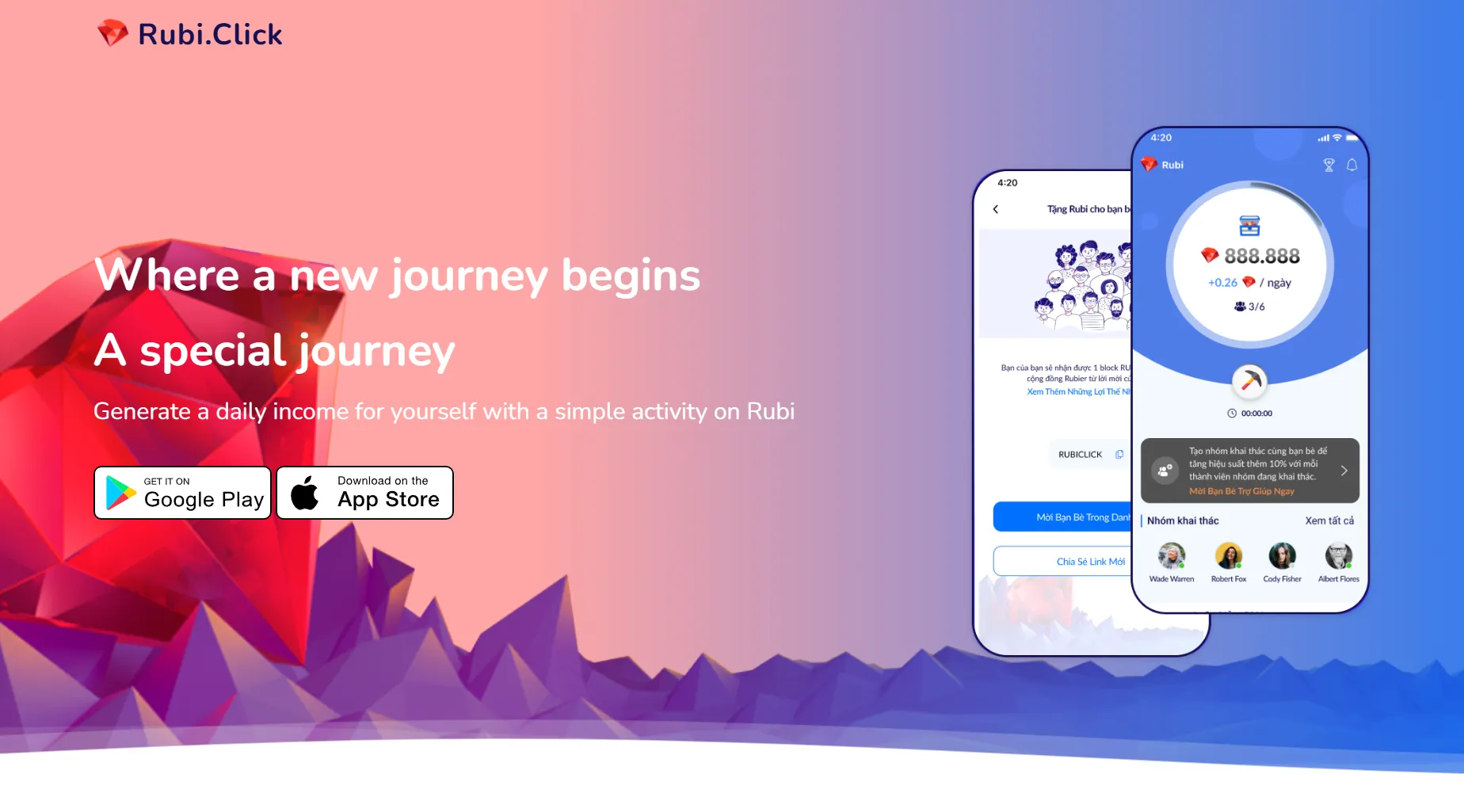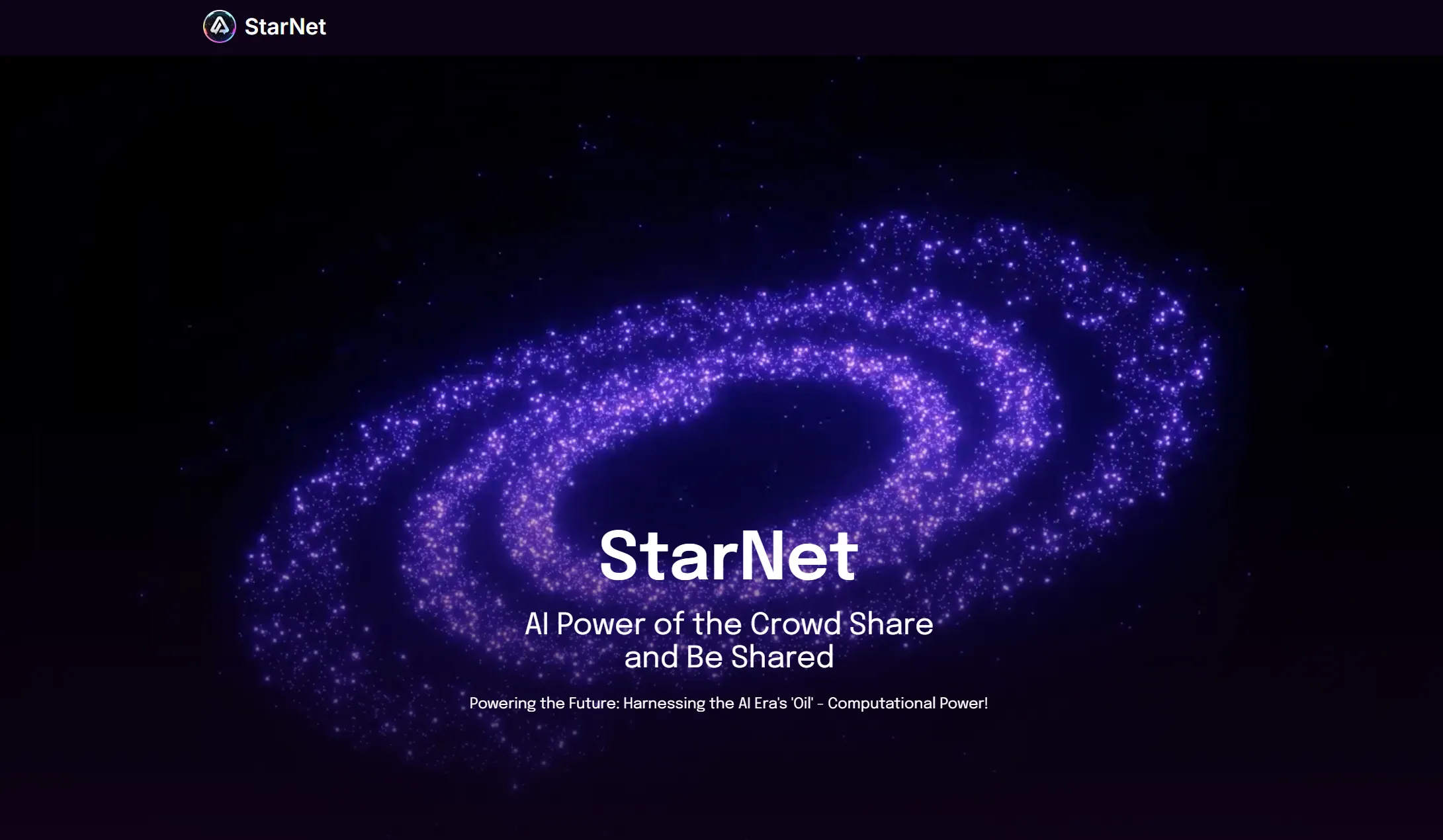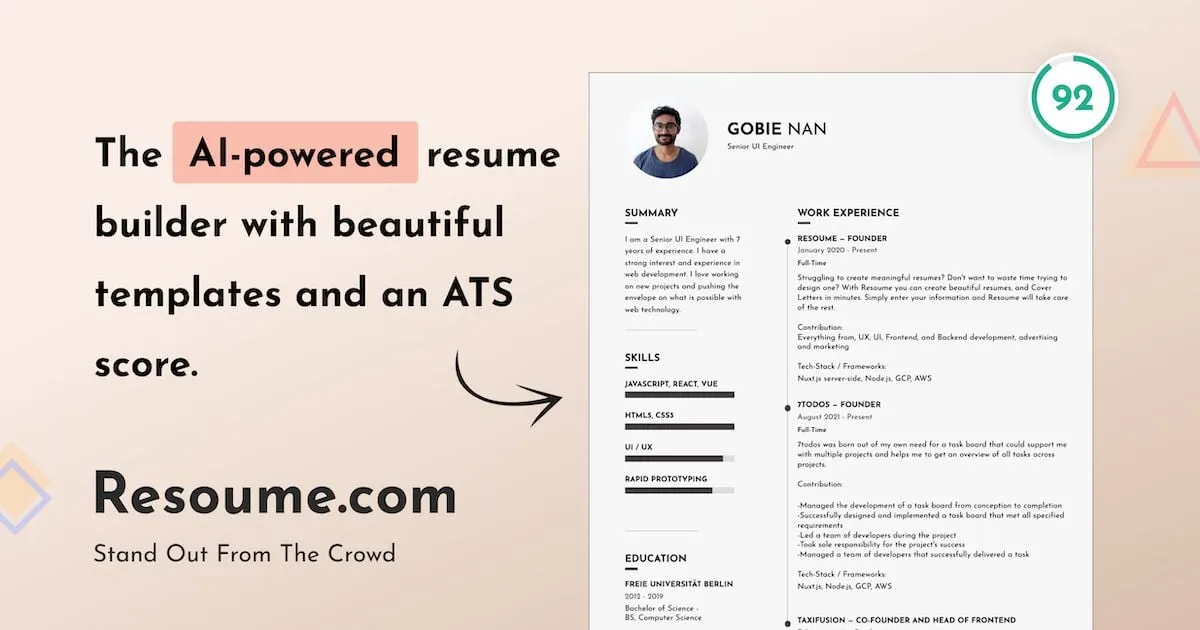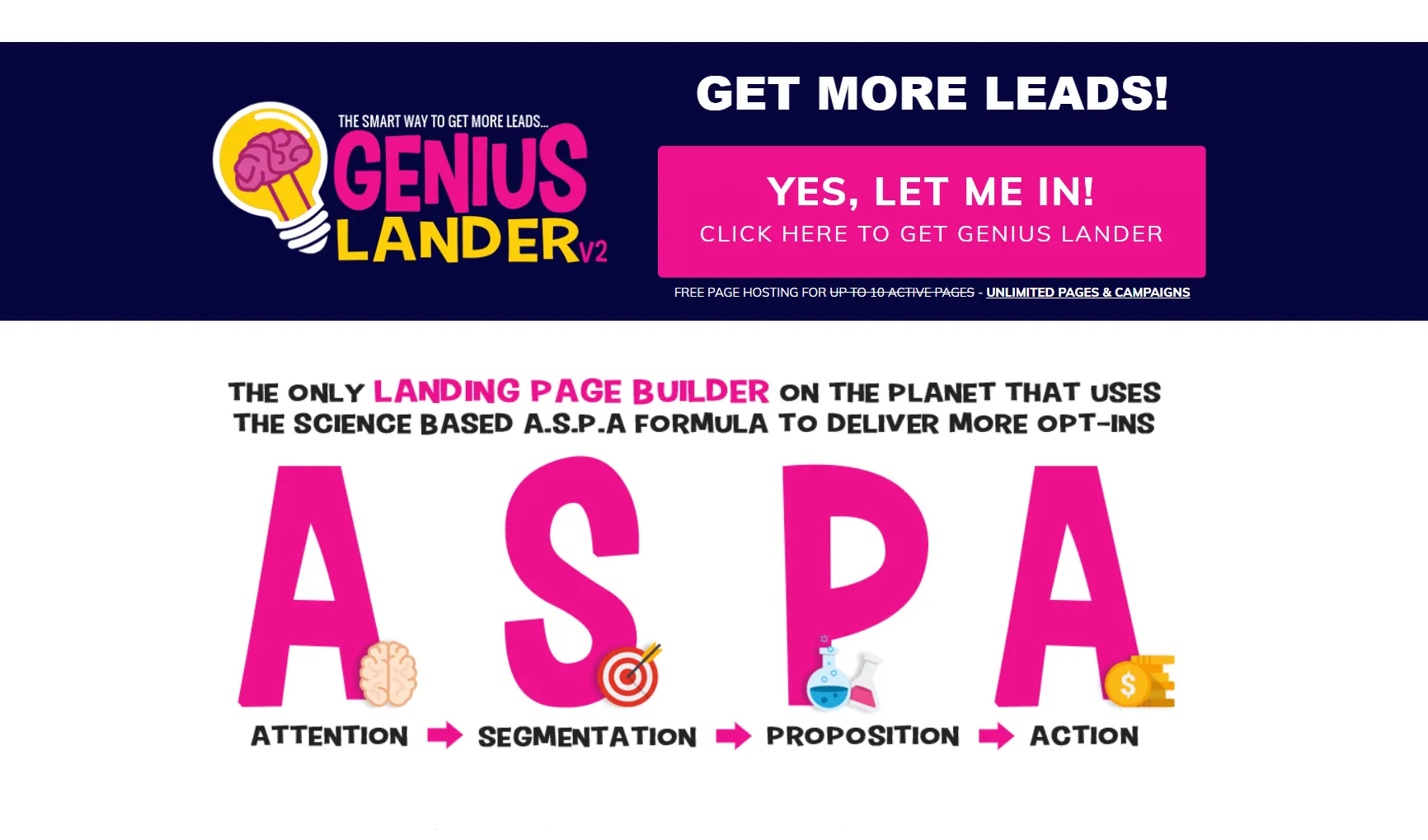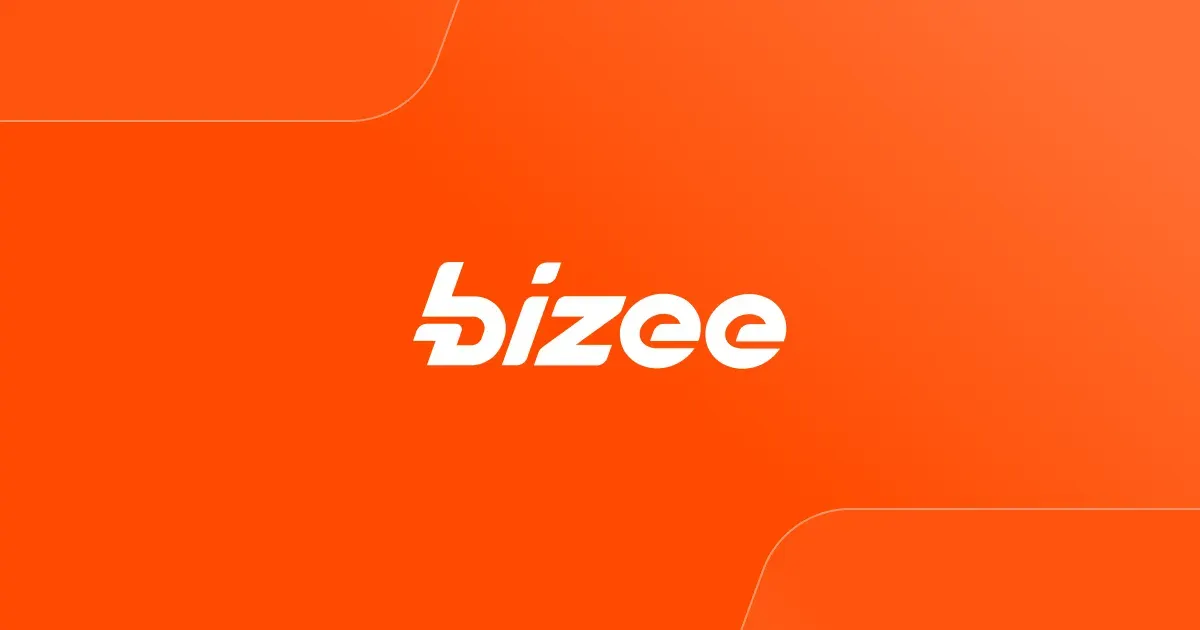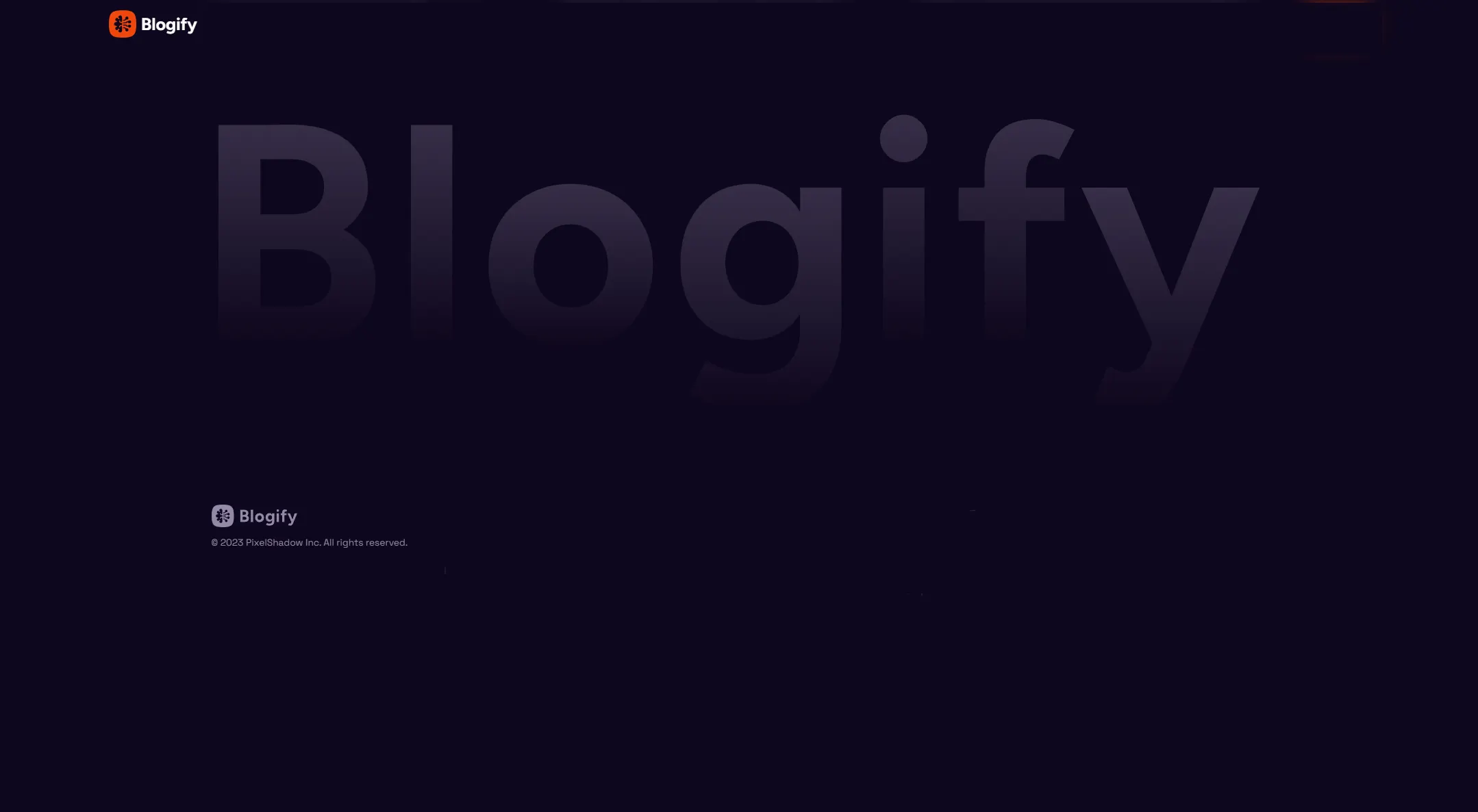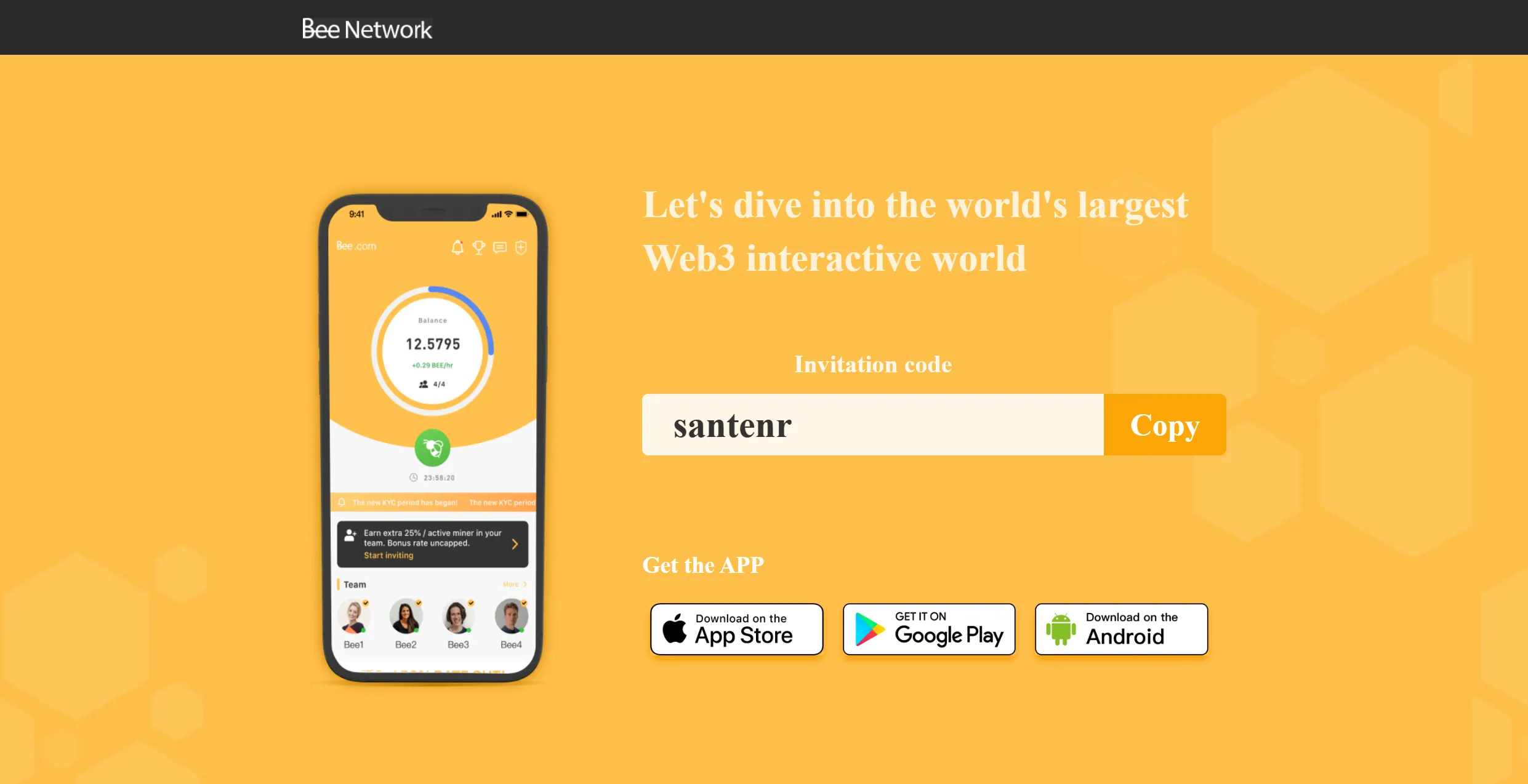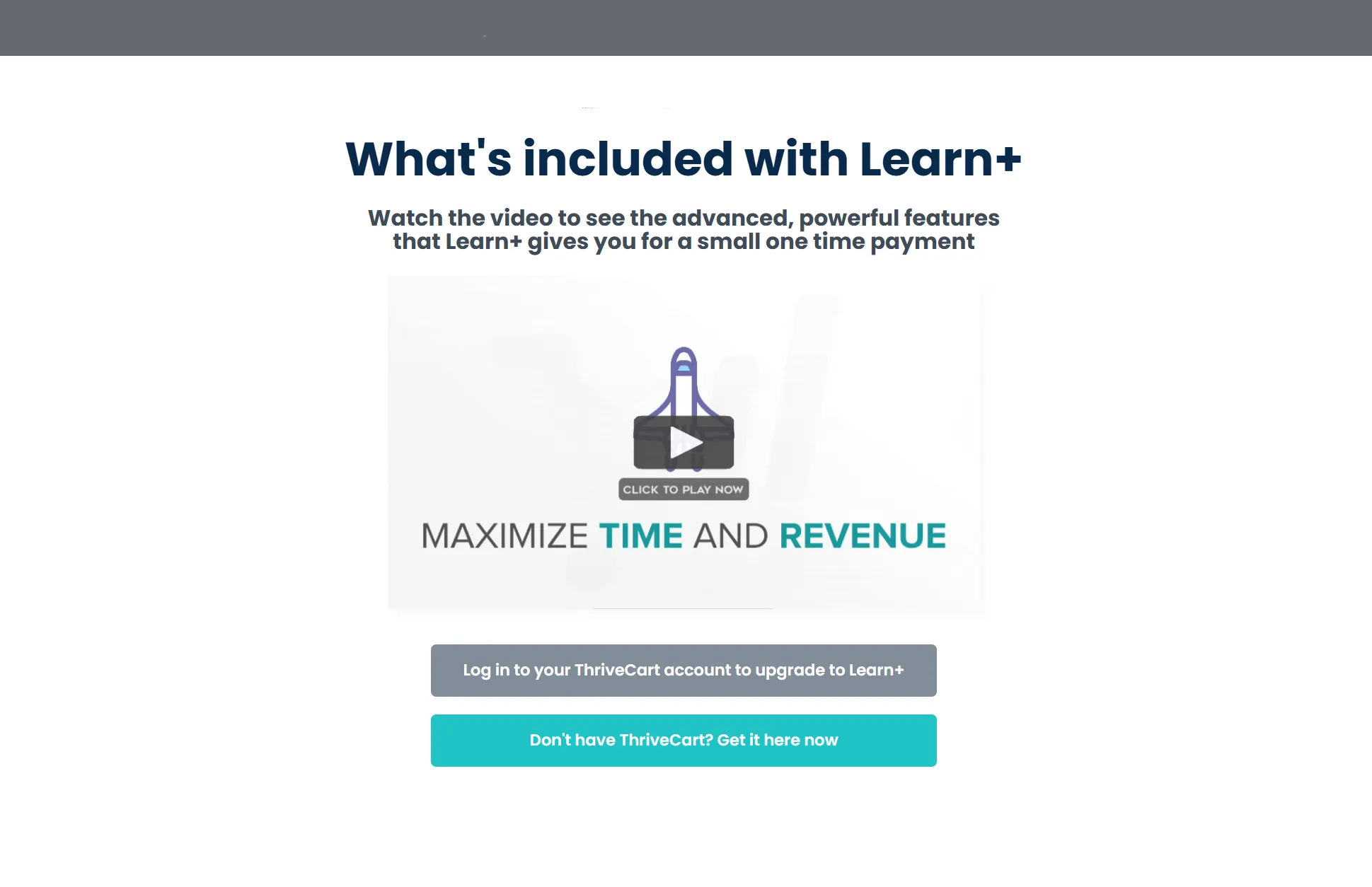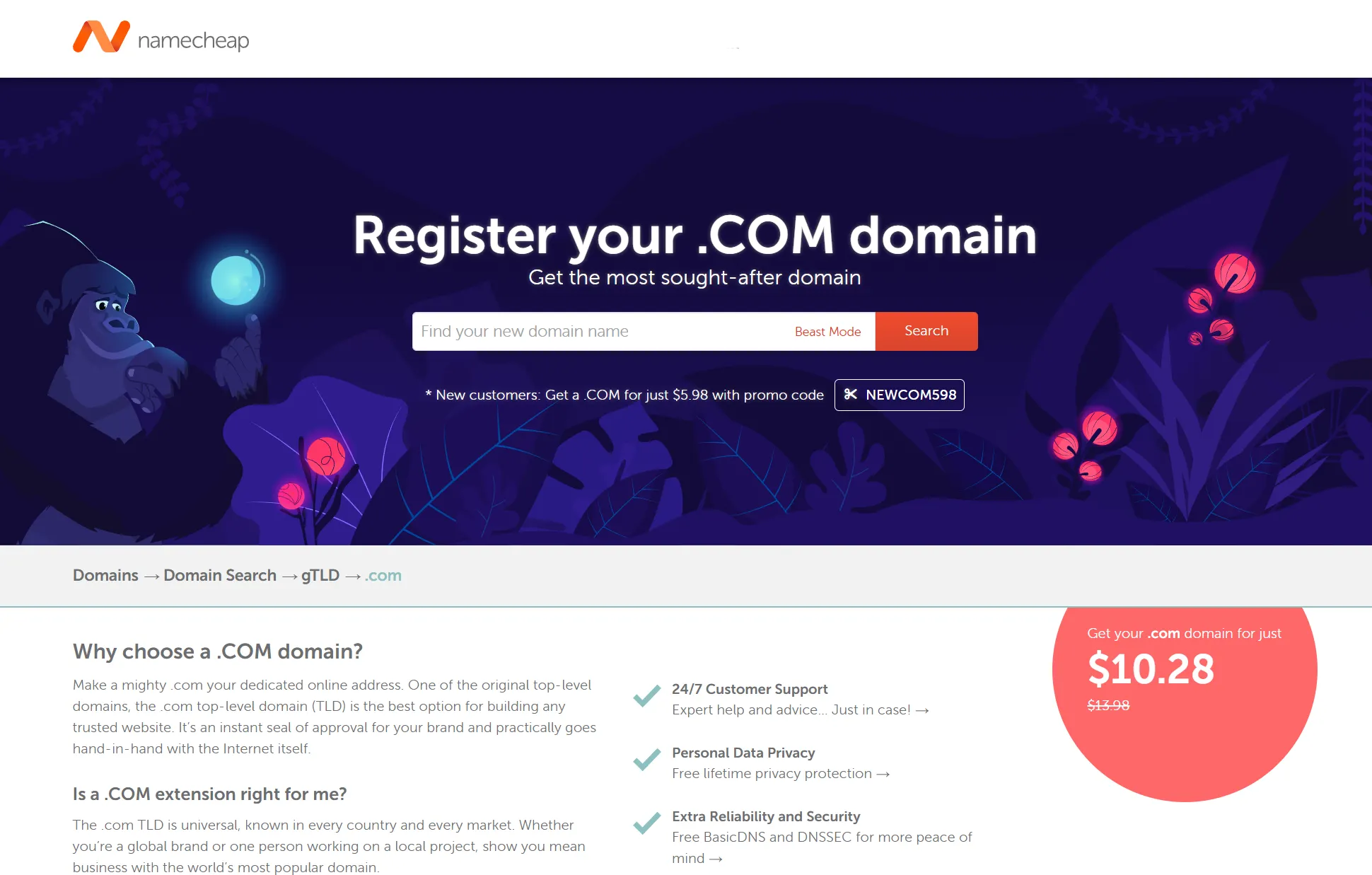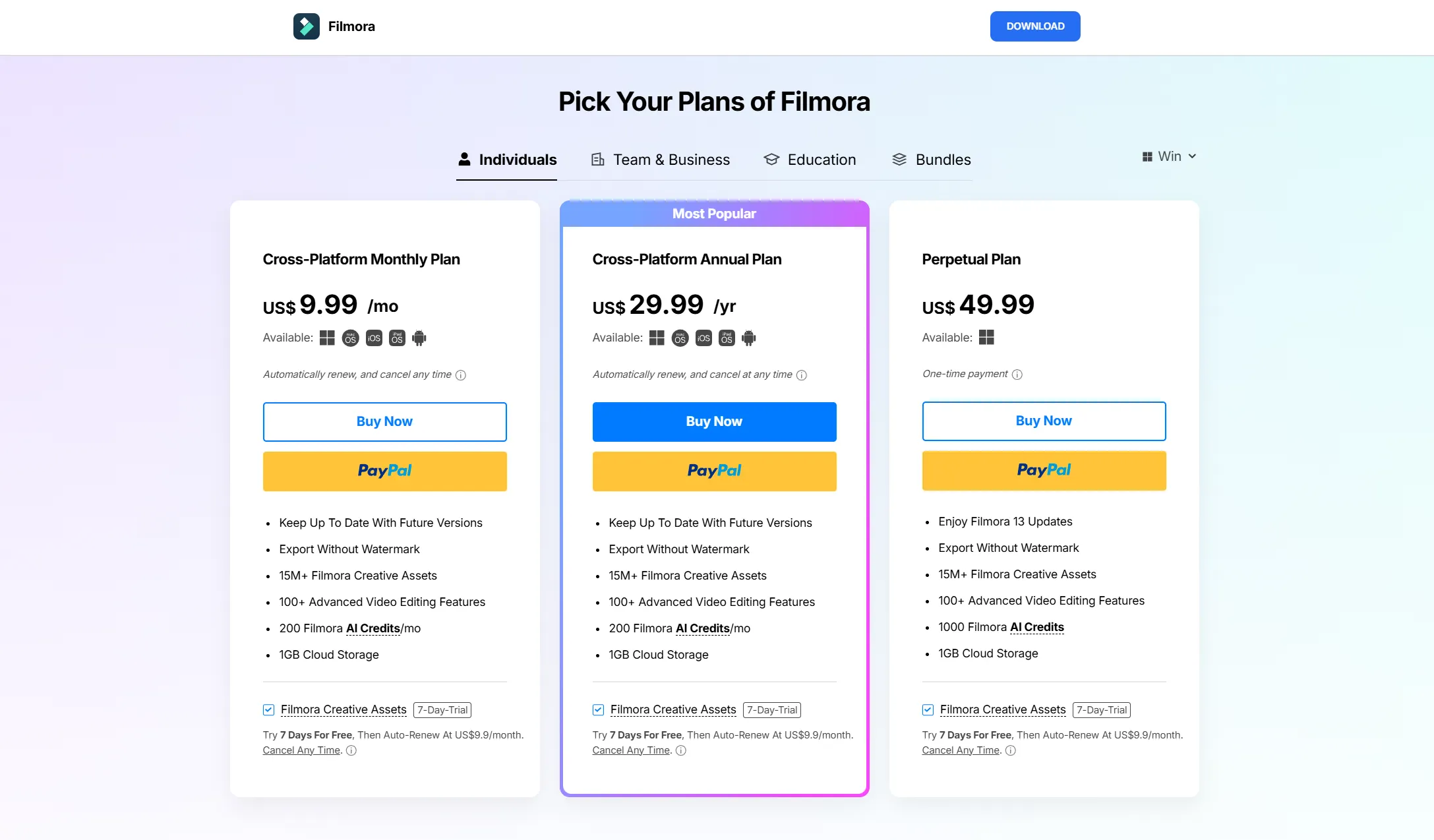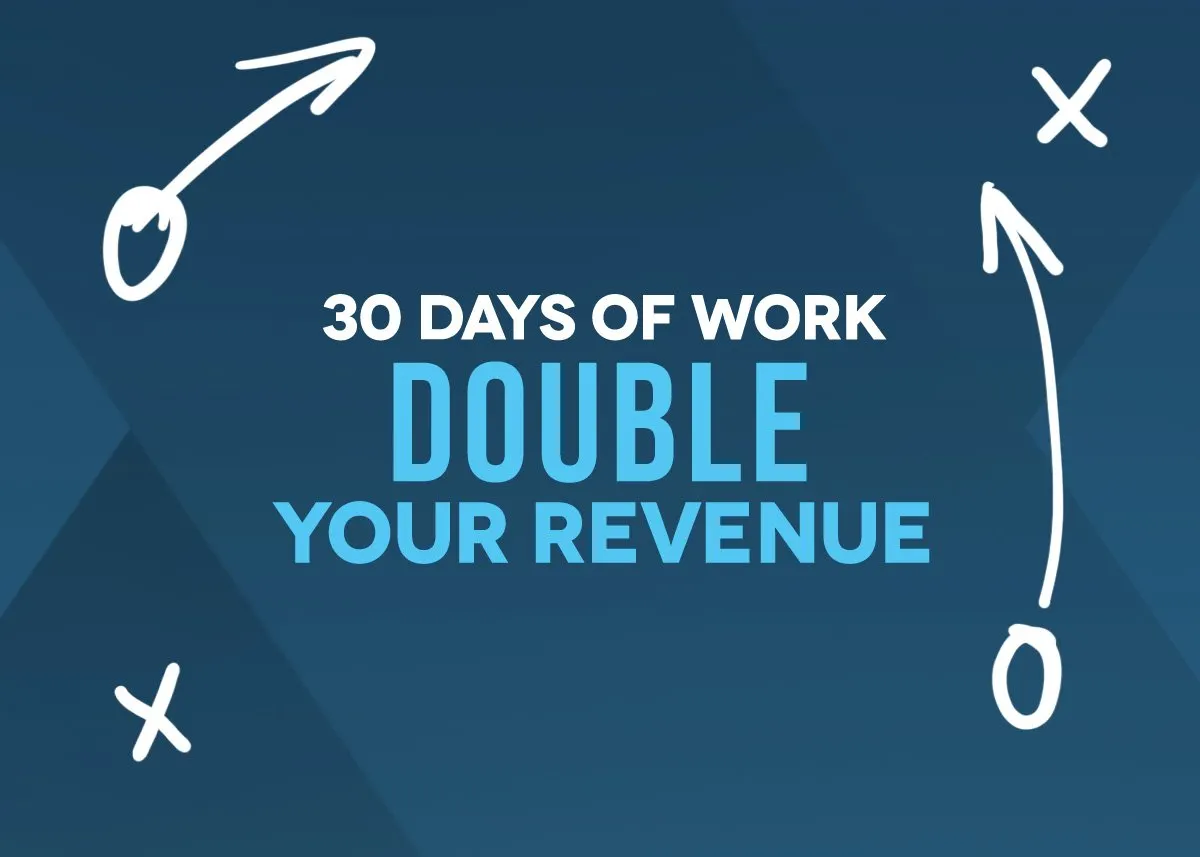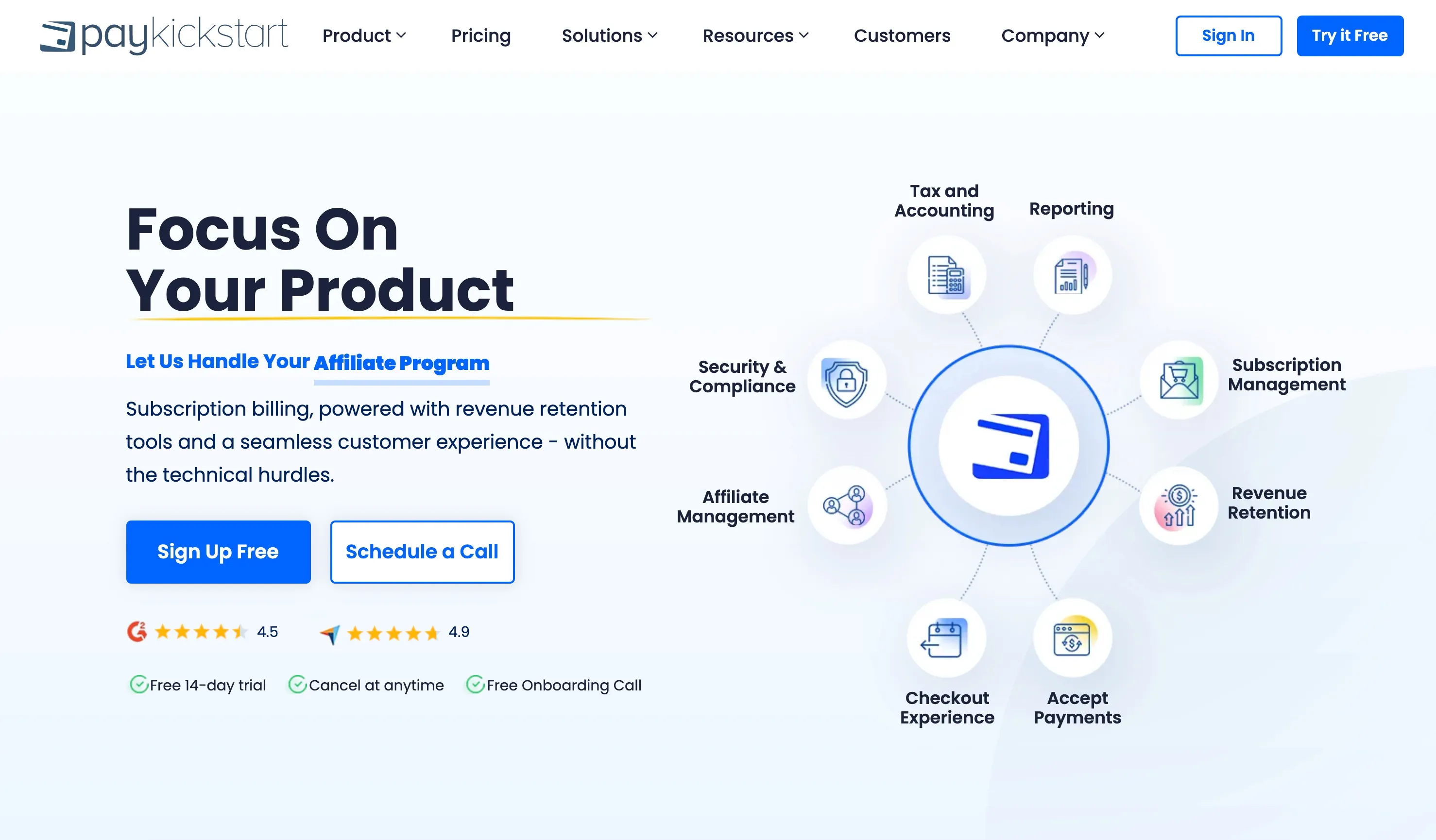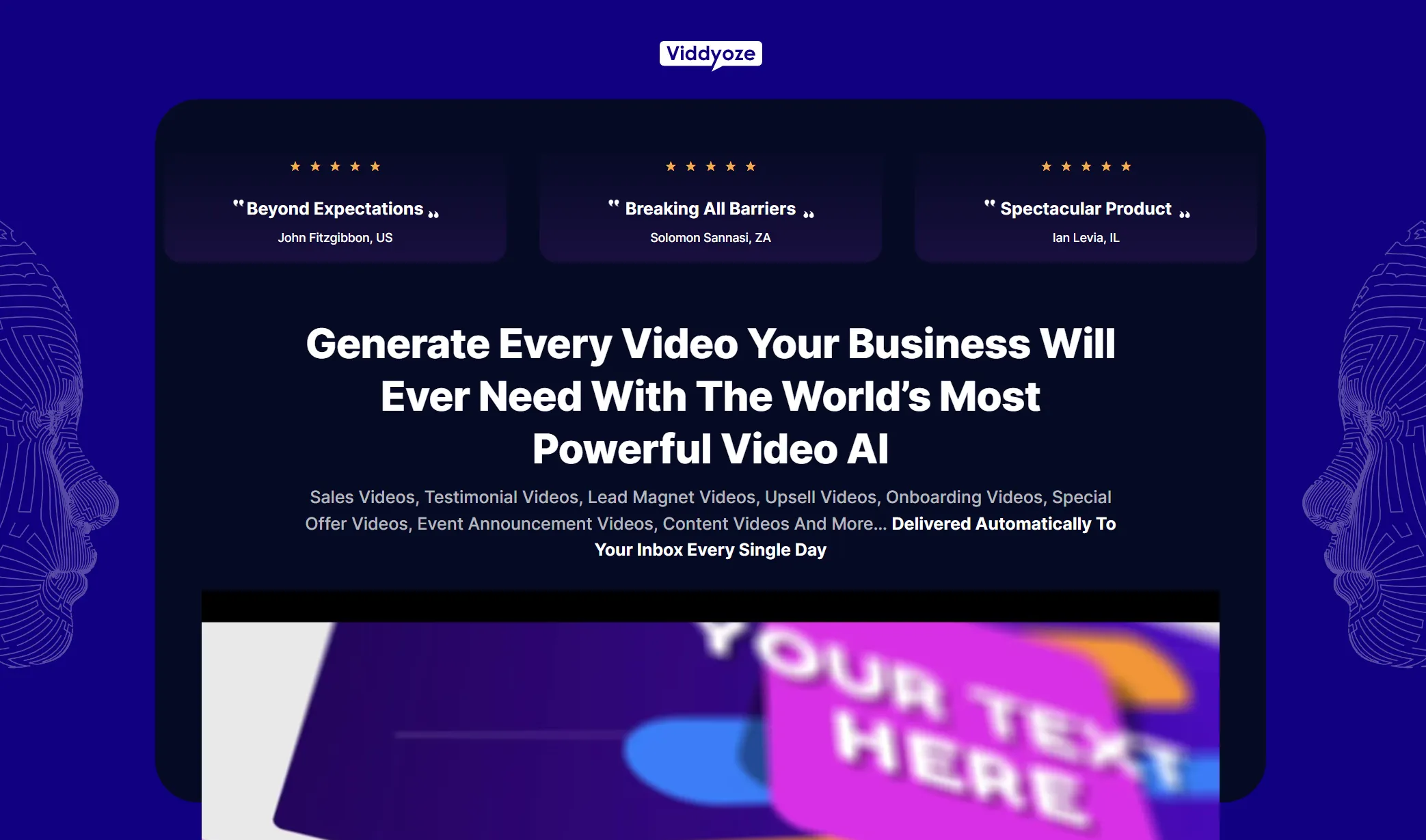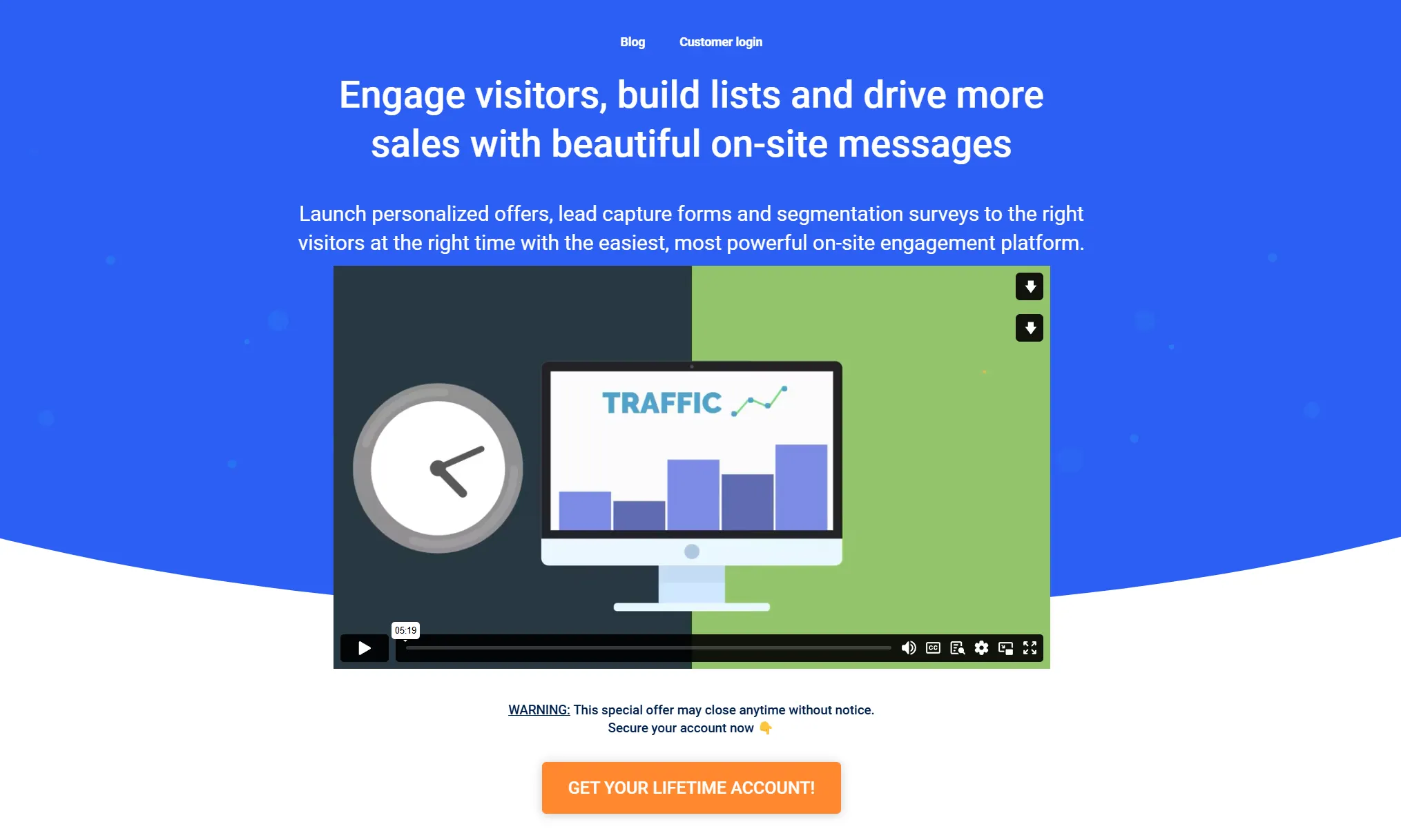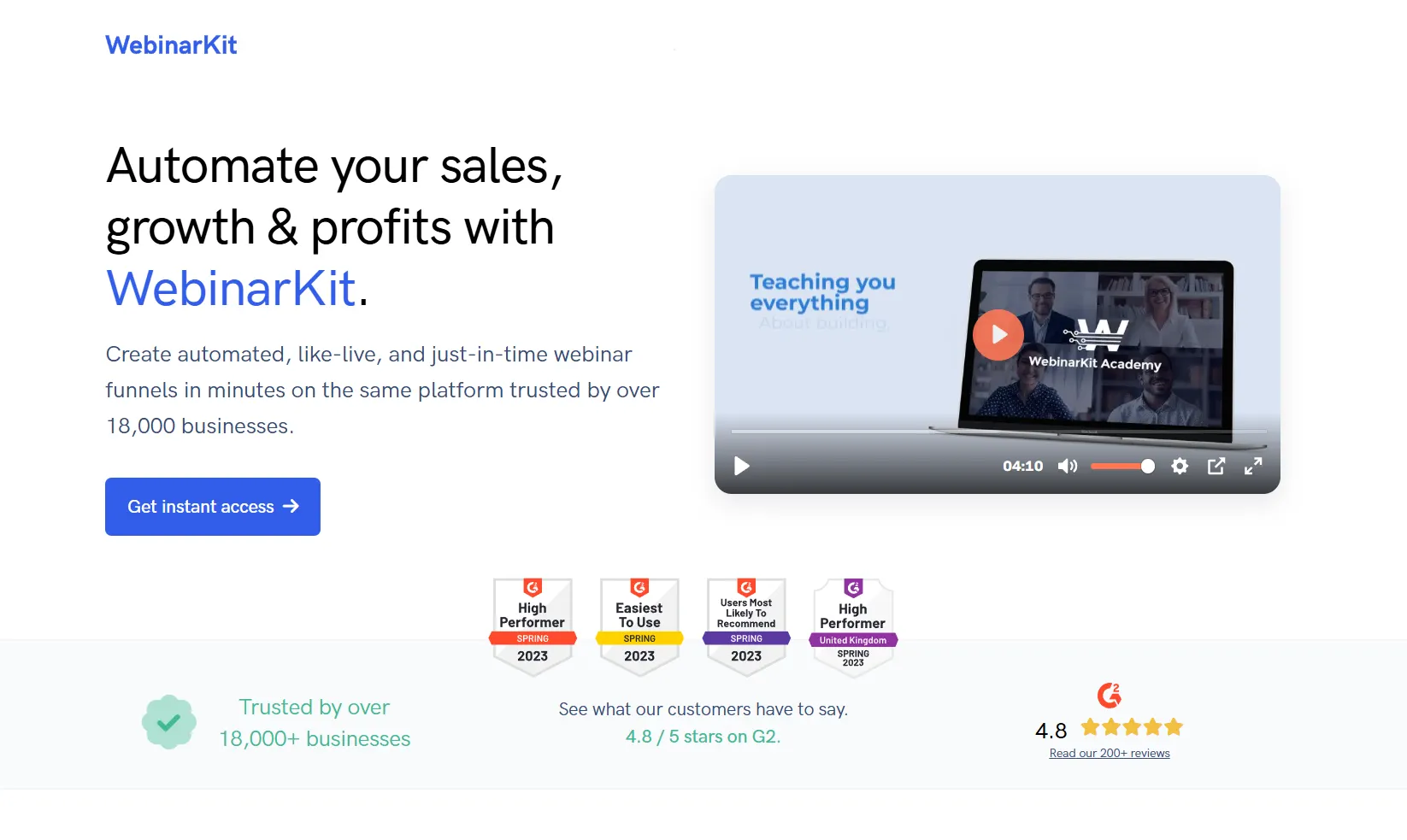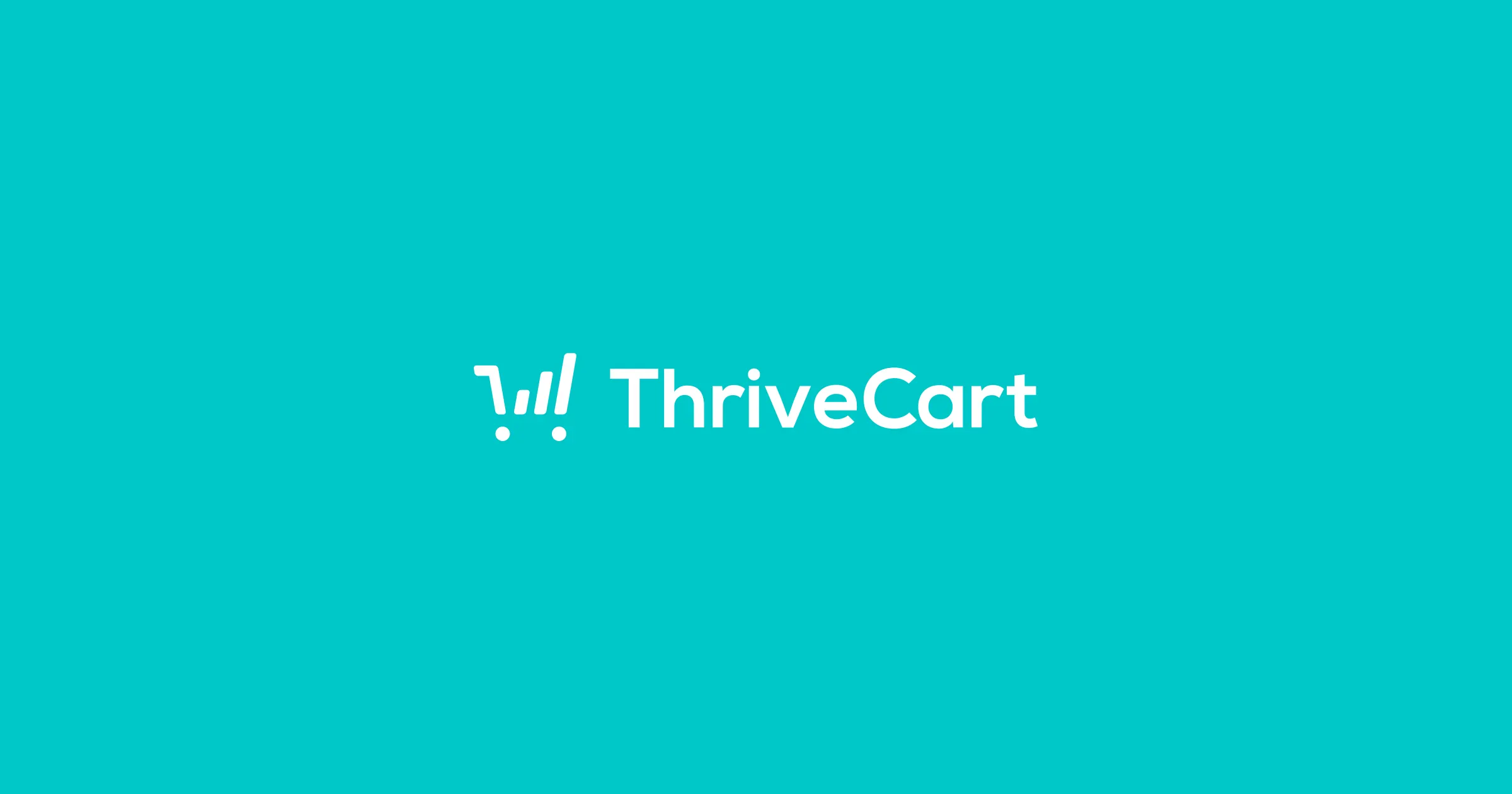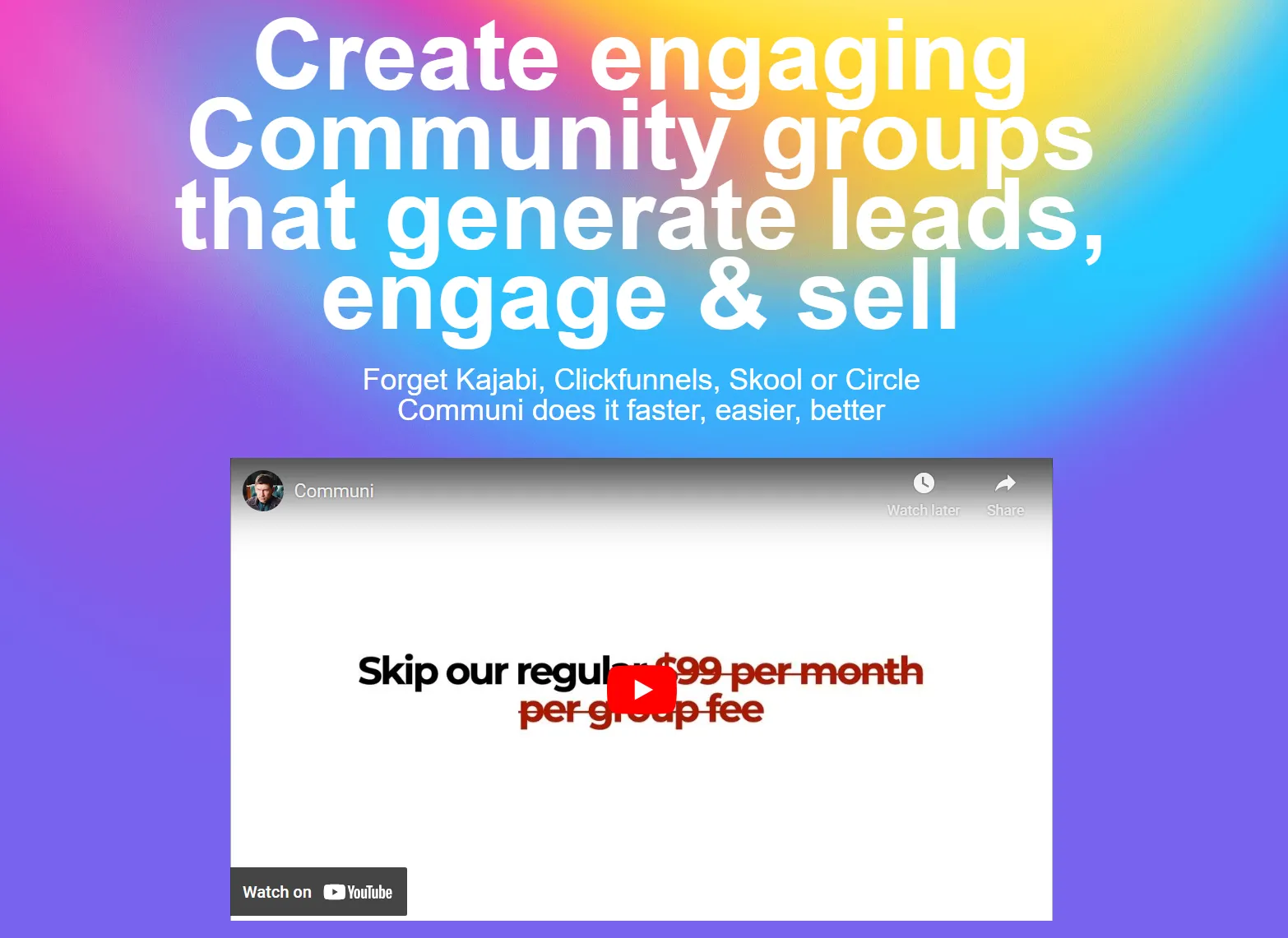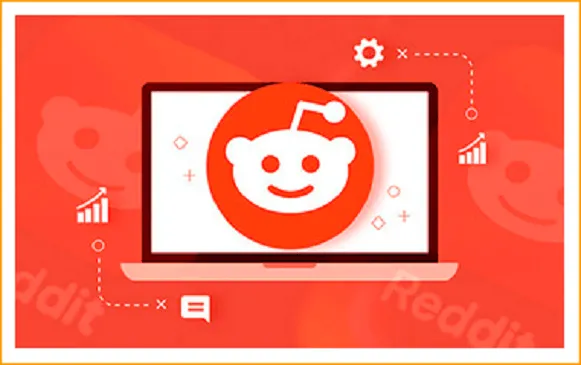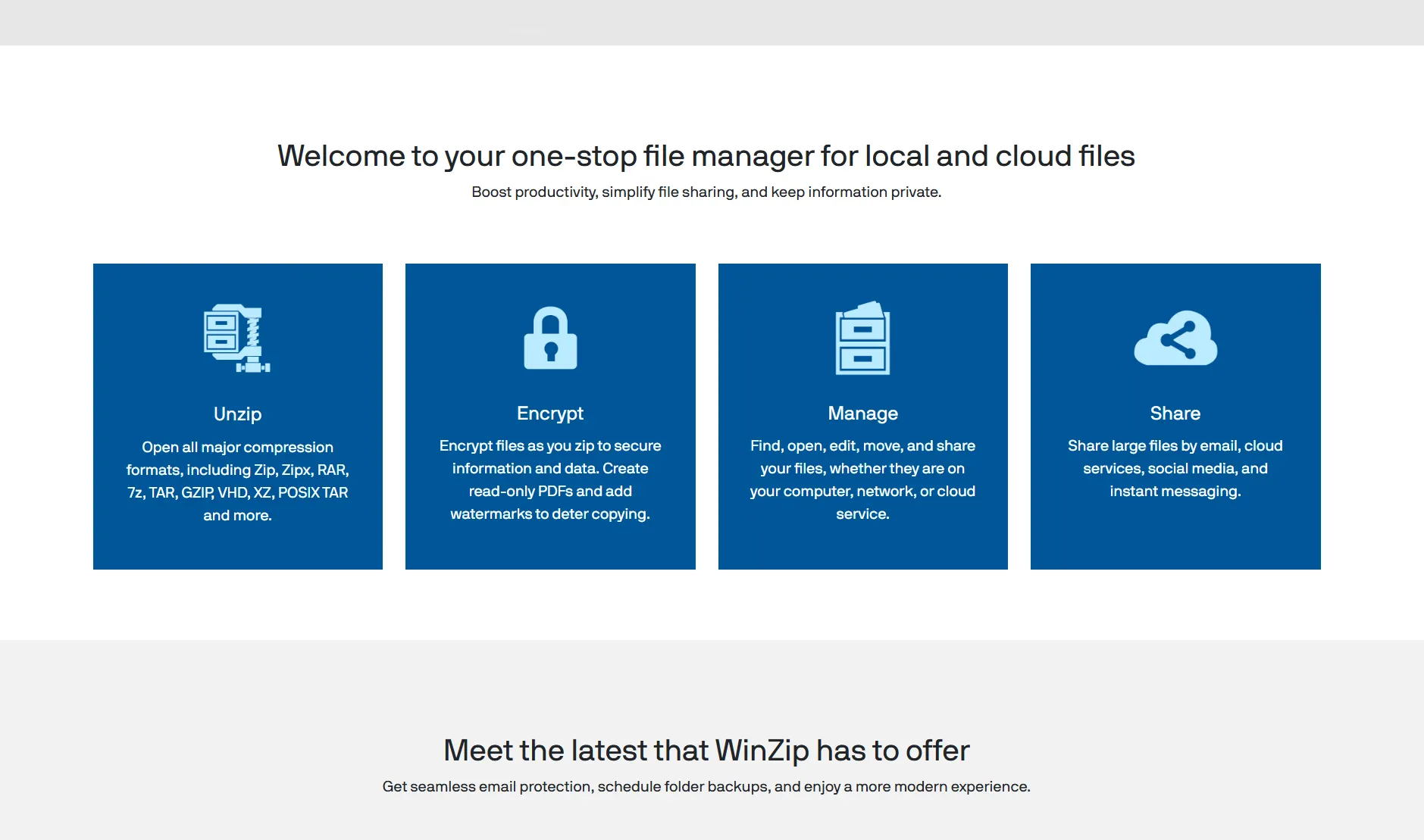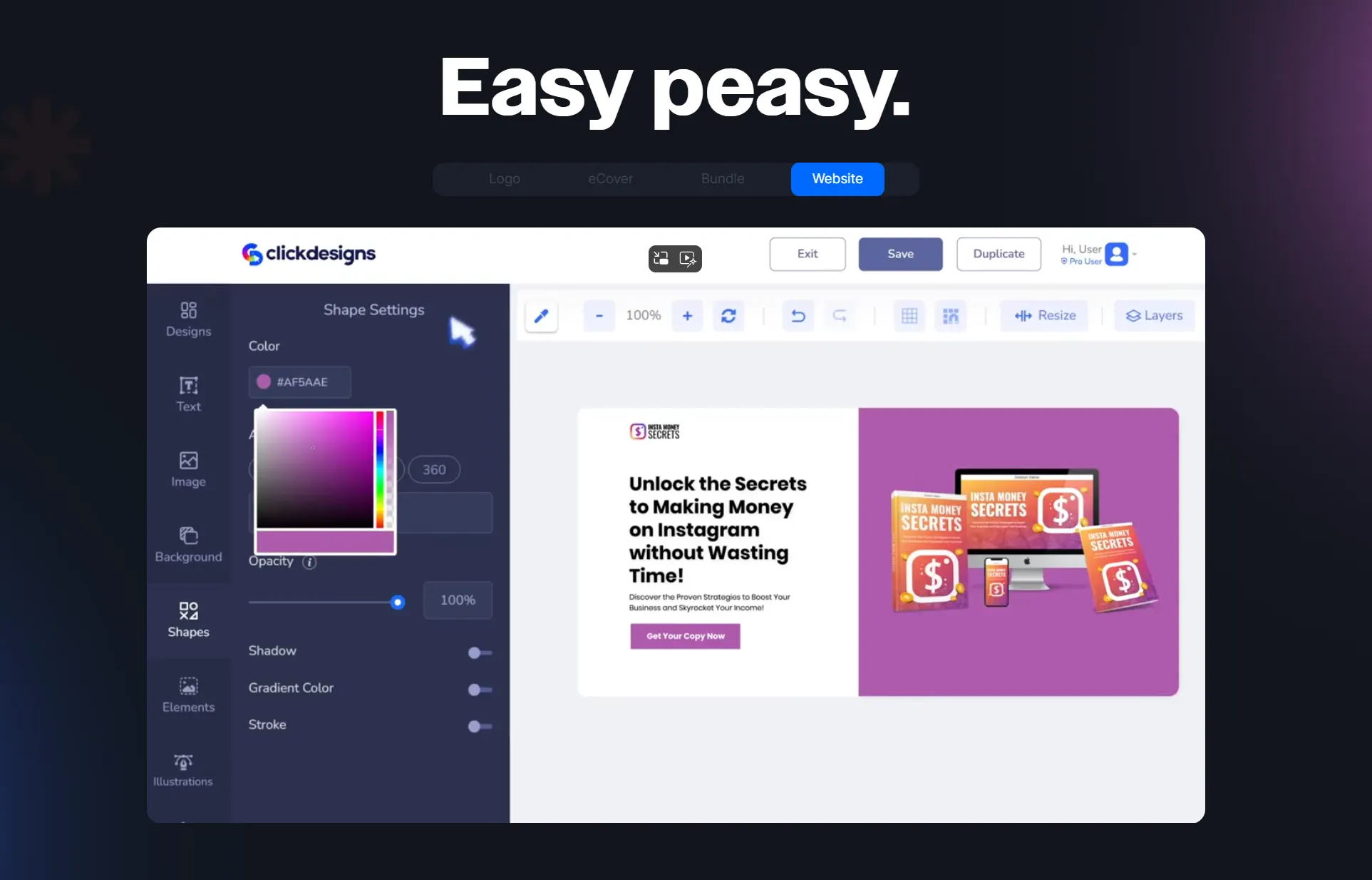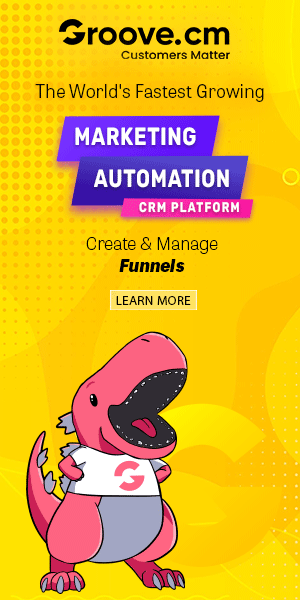Empowering AI and Experts: My Journey with Outlier
Average Reading Time: 3min.
Table of Contents
- Introduction: Navigating the Onboarding Process
- Chapter 1: Work-Life Balance and Flexibility
- Chapter 2: The Joy of Continuous Learning
- Chapter 3: Embracing a Community of Innovators
- Chapter 4: Financial Incentives and Opportunities
- Chapter 5: The Future of AI and Your Role in It
- Conclusion
When I first stumbled upon Outlier, I was skeptical. Could a platform truly allow me to harness my academic background in Business Management while contributing to something as groundbreaking as AI? A few months in, I have to say, the reality has exceeded my expectations. This post is a peek into my journey—how I connected my passion for science with innovative AI training, all while enjoying the freedom of remote work.
Navigating the Onboarding Process
Joining Outlier is an exciting venture. The onboarding process sets the stage for your journey as an expert contributor. But what does this process involve? How do you fit in? Let’s explore some of the initial steps and what to expect.
1. Understanding the Initial Steps to Join Outlier
The first step is applying. This is straightforward and designed to be user-friendly. You simply fill out an application, showcasing your expertise in a specific domain. But wait, what if you don’t have a Ph.D.?
No need to worry! Outlier welcomes individuals from various backgrounds. Generally, junior and senior undergraduate students or even graduate students can apply. The key is having a strong grasp of your subject and solid communication skills.
2. What to Expect During Onboarding
Once accepted, you enter the onboarding phase. This typically takes between 1 to 5 hours. Here, you’ll gain essential knowledge about how to contribute effectively. You’re not alone. A squad of contributors, led by experienced team leads, is there to support you every step of the way.
Why is this important? Think of it like entering a new school. Wouldn’t you want a guide to show you around? You’ll receive feedback within 48 hours after completing your tasks, ensuring you’re on the right track.
"The onboarding experience was both informative and empowering." - Martin M.
3. Compensation Details for Onboarding Tasks
Let’s talk about money. Yes, compensation details are vital. Throughout the onboarding process, contributors can expect to be compensated for their time. While the exact amount varies depending on your domain and expertise, it’s a step towards making your contributions worth it.
At Outlier, contributors have completed an impressive 3.4 million assignments. With a diverse pool of 40,000 experts, the community thrives. A whopping $100 million has been paid out to contributors! Isn’t that impressive for a community-driven platform?
So, as you can see, the onboarding process at Outlier is designed to be thorough yet supportive. It equips you with the tools you need to succeed and respects your valuable time. You won’t just be another face in the crowd; you’ll be part of a vibrant and rewarding experience.
Chart Overview of Outlier’s Impressive Community Growth:
- Over 3.4 million assignments completed
- A network of over 40,000 experts
- $100 million in total compensation paid to experts
This vibrant community makes Outlier a unique place to advance AI. Are you ready to join and make a difference?
Work-Life Balance and Flexibility
Remote work has changed the way we approach our personal and professional lives. I know this firsthand. Embracing remote work was like unlocking a door to freedom. I could work from anywhere. But it was more than just the location; it was about balance.
Embracing Remote Work: A Personal Story
When I first started my journey in remote work, it felt revolutionary. No longer was I confined to a 9-to-5 schedule. Instead, I controlled my time. I could be the parent, the partner, and the professional all at once. It was a game-changer. But how did I make it work? Flexibility became my best friend.
Many contributors at Outlier share similar experiences. They tell tales of adjusting to personal schedules. Some work just a few hours a week, while others dive into 40-hour weeks. This brings me to an interesting point: how can we balance our professional ambitions with family time?
Balancing Professional Ambitions with Family Time
This is where time management strategies come into play. The key is prioritizing both your job and your family. How do we do that? Here are some strategies I find effective:
- Set boundaries: Designate work hours to keep your family time free.
- Use a planner: Visualize your day or week ahead. Know when to work and when to relax.
- Stay consistent: Regular routines can help family members adjust to your work schedule.
- Communicate: Talk to your family about your projects. Make them part of your world.
These strategies are not just theoretical. Many of us have implemented them with success. But let’s take a look at the exciting data surrounding remote work.
Working Hours Earnings in First Month:
- 5 to 40 hours per week Over $2000
It’s astounding that some contributors report impressive earnings in their first month alone! Empowering isn’t it?
Time Management Strategies for Remote Experts
So, what works best? I noticed that the most successful remote professionals adopt a blend of technology and personal techniques. Calendar apps, task lists, and even alarms are helpful tools. But remember, it’s not just about the tools. It’s about you.
"Working remotely has given me the ability to strike the perfect balance between nurturing my family and pursuing professional goals." - Casey R.
As I reflect on my own journey, the flexibility I enjoy at Outlier has transformed my understanding of work-life balance. It allows me to nurture my family while still reaching for my professional goals.
Let’s appreciate this freedom. Let’s celebrate our victories together.
The Joy of Continuous Learning
Learning is truly a lifelong journey. Every day brings opportunities to delve into new subjects and acquire unique skills. In the workplace, especially within diverse environments, the chance to learn something new can come from unexpected places.
1. Learning New Skills and Topics on the Job
Have you ever thought about how many skills you can gain just by being on the job? I’ve found that the tasks we perform daily often lead to insights and knowledge that are far beyond the immediate requirements. From mastering advanced AI techniques to discovering new cooking recipes, the spectrum is vast.
- Each project becomes a mini-lesson.
- I’ve picked up skills ranging from coding to creative writing.
- The more diverse the projects, the more enriching the learning experience.
For instance, Daliah B. shared,
"I just learned some cool Swiss recipes for apple fritters through my projects!"
Isn’t it fascinating? Who knew that getting involved in tech projects could lead to culinary adventures! This highlights how multifaceted work life can be. It promotes not just job skills but personal development too.
2. Sharing Interesting Facts and Anecdotes
One of the joys of continual learning is sharing interesting facts with peers. After engaging with various projects, we often come across intriguing information that’s just too good to keep to ourselves. These little nuggets of wisdom not only spark conversations but also foster a culture of curiosity.
When I dive into different subjects, I find myself excited to relay what I’ve uncovered. It can be anything from trending scientific theories to historical insights. This sort of dialogue contributes to a vibrant workplace atmosphere. A simple fact can change the way colleagues think or solve problems.
3. Engaging with Diverse Projects and Stimulating Creativity
Creativity isn’t a trait you're born with; it's nurtured through experiences. And what better way to expand those experiences than to engage in various projects? Each task presents a new challenge that pushes the boundaries of our thinking. When we handle different types of work, we stretch our creative muscles.
Just like artists draw inspiration from diverse sources, we can do the same within our own projects. Engaging with diverse tasks means we aren't stuck in a repetitive cycle. Instead, we're constantly exposed to fresh perspectives and methods. This fosters a creative environment where ideas flow freely and innovation thrives.
A culture of curiosity and intellectual engagement enhances our workplace, making it more dynamic and enriching. We should embrace the chance to learn from each other and the tasks that come our way. After all, it's not just the work that matters but the growth we achieve while doing it.
Embracing continuous learning isn’t just beneficial — it’s exciting. From skill acquisition to spontaneous anecdotes, each day on the job can unveil a treasure trove of knowledge. Let's relish these opportunities!
Embracing a Community of Innovators
When it comes to the development of artificial intelligence (AI), collaboration is crucial. But why? To build the best AI systems, we need insights from many different fields. This means we need a community of experts who can share their knowledge. Working together allows us to create more effective and safer AI technologies.
The Importance of Collaboration in AI Development
Collaboration in AI isn't just a nice-to-have; it's a must-have. Each contributor brings unique expertise. For instance, an expert in organic chemistry can offer insights that a creative writer simply wouldn’t understand. When we bring everyone together, we form a tapestry of skills that drives innovation. Just think about it: the more diverse the knowledge in a room, the richer the discussion. Why limit ourselves to a single perspective?
Networking Opportunities with Like-Minded Experts
In addition to collaboration, being a part of an innovative community like Outlier provides exceptional networking opportunities. Here, you can connect with professionals from various backgrounds. It's not just about AI. It’s about sharing ideas over coffee, discussing projects, or even brainstorming new concepts. Have you ever considered how many doors can open just from one conversation?
- Meet fellow experts: You’re not just working alone; you are interacting with others who share your interests.
- Share successes and challenges: Every expert has faced hurdles. Let’s learn from each other, right?
- Gain new perspectives: Sometimes, viewing a problem from a different angle can lead to the most innovative solutions.
Real-Life Testimonials from Contributors
The true essence of being part of a community can be summed up in personal stories. Scott O. recently shared,
"I really enjoy being a part of this community—it feels like family."
This feeling of belonging promotes active participation. When we feel like we’re part of something larger, it encourages us to contribute our best work.
Others have echoed this sentiment. They talk about the support they receive and how it positively impacts their work experience. When you feel supported, you're more likely to learn, experiment, and even take risks. Think of community as a safety net; it allows for creativity without the fear of failure.
Joining a Community for Collective Growth
Being part of a community like Outlier isn't just about what you contribute individually; it's about our collective growth and innovation in AI. Every project we embark on fuels the next, creating a cycle of learning and development. When you join such a community, you truly become part of a living, breathing innovation hub.
In conclusion, surrounding ourselves with innovators helps us tackle the challenges of AI together. With collaboration, networking, and support, we can achieve remarkable things. So, are you ready to join us and make your mark?
Financial Incentives and Opportunities
In today’s competitive job market, understanding financial incentives is crucial. When I first started exploring opportunities in various domains, I was fascinated by the idea of competitive pay. What does that really mean? It means that regardless of where you look—be it tech, education, or creative writing—there are frameworks in place that reward expertise and dedication.
1. Competitive Pay in Various Domains
- Expertise Matters: Whether you're a coder, educator, or a data scientist, your skills are valued differently in various fields. Understanding the pay scales across these domains can dramatically influence your income.
- Market Demand: The salaries often reflect industry needs. High-demand fields tend to offer better compensation. For instance, AI and machine learning experts are in high demand right now.
So, how do we quantify these pay ranges? It’s encouraging to note that contributors can earn anywhere from $100 to $2,000+ monthly, depending on their hours and the complexity of tasks. Pretty impressive, right?
2. Potential for Increased Earnings Based on Performance
If you’ve ever wondered about the potential for increased earnings, you’re not alone. Performance-based pay can really make a difference. In many cases, higher rates are offered for superior performance in specialized areas. This means that the more skilled and efficient you are, the more you can earn. Imagine giving your best and seeing the financial rewards come in! Wouldn’t that be fulfilling?
"Earning money while doing what I love has been a game changer for me." - Hamed H.
3. Details About Payment Preferences
Now, let’s talk about payment preferences. Weekly payouts via PayPal or AirTM offer convenience that enhances the appeal of these opportunities. Who doesn’t love getting paid more frequently?
In a world where financial flexibility is crucial, knowing your payment options makes a huge difference. Many contributors prefer these methods because they are quick and hassle-free.
It’s encouraging to see a platform that not only values expert contributions but also compensates them fairly and quickly. The financial aspect has significantly impacted many contributors. Having financial stability while pursuing projects you love? That’s a dream opportunity. We all deserve to be compensated fairly for our expertise and to thrive in our professions.
The Future of AI and Your Role in It
As we witness a rapid advancement in artificial intelligence, the question arises: how can you contribute to building the next generation of AI? The landscape is changing. More voices are being heard, and the call for diverse expertise has never been louder. In this blog, we will explore how you can be part of this exciting journey and reflect on the ethical implications that accompany this new frontier.
1. Contributing to AI Development
The door is wide open for you to add your unique touch in shaping AI. You don’t need a Ph.D. in computer science to make a valuable contribution—your background and knowledge in various subjects can play a crucial role. For instance:
If you’re well-versed in history, you can help AI understand cultural contexts.
Are you a mathematician? Your logic can influence data training.
Creative writers bring a sense of narrative that can improve human-AI interaction.
Think about it: by sharing your insights, you provide AI with the nuance it needs to function responsibly. This collaborative effort emphasizes that everyone has the ability to make a difference in shaping AI. Don’t underestimate your expertise!
2. The Evolving Landscape of AI Experts
The conversation around AI expertise is evolving. We are no longer confined to tech specialists. Experts across various domains—from law to psychology—are stepping up. In fact:
- Creative approaches can lead to innovation.
- Cross-disciplinary collaboration promotes a safer, more reliable AI.
Feeling like your niche is overlooked? You’re not alone. The expansion of AI requires diverse perspectives to ensure its ethical application and safety. Each domain brings fresh thinking and problem-solving skills, vital for refining AI models.
3. Ethical Reflections on AI Training
Ethics are at the forefront of AI development. As technology advances, we must consider the consequences of our actions. Are we ensuring that AI is trained responsibly? Here are a few ethical aspects to ponder:
- The potential for bias in training data.
- Privacy concerns when using personal information.
- Ensuring AI is used to benefit society, not harm it.
As we contribute to AI, challenging ourselves to think ethically is crucial. What potential harms may arise from misuse? This reflection is necessary to shape a future where AI serves the needs of all.
Conclusion
In summary, the future of AI is not set in stone; it is a work in progress shaped by all of us. Everyone has a role to play, whether as a subject matter expert or as a critical thinker challenging the ethical boundaries. I encourage you to engage with this technology and contribute your knowledge. We can build something truly remarkable together. Let's challenge ourselves to remain vigilant and thoughtful about how we train AI. Only then can we guarantee that it will benefit society as a whole.
For more information on Outlier AI, you can check out the following URL:
- Website: https://outlier.ai/jobs
P.S. Don't forget to follow us on social media, the community, the website and the - - YouTube channel for even more inspiration and updates!
- Website: https://thereviewshed.cc
- Website: https://van-santen-enterprises.com
- Community: https://community.van-santen-enterprises.com
- Marketing Courses: https://thetraininghub.cc
- The Store: https://van-santen-enterprises.cc
- YouTube Channel: @VanSantenEnterprises
To Learn more about "Digital Marketing" or to stay informed, subscribe to the free newsletter or community.
FlexibleWork, #RemoteWork, #Outlier, #AITraining, #SubjectMatterExperts, #Outlier.AI, #AIPerfectionTraining, #TrainingAI
TL;DR: Outlier offers a unique platform for subject matter experts to contribute to AI training while enjoying flexible work schedules. My experience has been both fulfilling and educational, with ample opportunities to grow.


